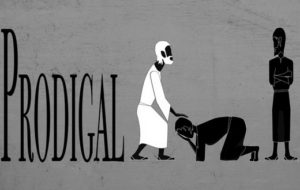 First Reading Joshua 5:9-12
First Reading Joshua 5:9-12The Lord said to Joshua, ‘Today I have taken the shame of Egypt away from you.’
The tax collectors and the sinners were all seeking the company of Jesus to hear what he had to say, and the Pharisees and the scribes complained. ‘This man’ they said ‘welcomes sinners and eats with them.’ So he spoke this parable to them: ‘A man had two sons. The younger said to his father, “Father, let me have the share of the estate that would come to me.” So the father divided the property between them. A few days later, the younger son got together everything he had and left for a distant country where he squandered his money on a life of debauchery. ‘When he had spent it all, that country experienced a severe famine, and now he began to feel the pinch, so he hired himself out to one of the local inhabitants who put him on his farm to feed the pigs. And he would willingly have filled his belly with the husks the pigs were eating but no one offered him anything. Then he came to his senses and said, “How many of my father’s paid servants have more food than they want, and here am I dying of hunger! I will leave this place and go to my father and say: Father, I have sinned against heaven and against you; I no longer deserve to be called your son; treat me as one of your paid servants.” So he left the place and went back to his father. ‘While he was still a long way off, his father saw him and was moved with pity. He ran to the boy, clasped him in his arms and kissed him tenderly. Then his son said, “Father, I have sinned against heaven and against you. I no longer deserve to be called your son.” But the father said to his servants, “Quick! Bring out the best robe and put it on him; put a ring on his finger and sandals on his feet. Bring the calf we have been fattening, and kill it; we are going to have a feast, a celebration, because this son of mine was dead and has come back to life; he was lost and is found.” And they began to celebrate. ‘Now the elder son was out in the fields, and on his way back, as he drew near the house, he could hear music and dancing. Calling one of the servants he asked what it was all about. “Your brother has come” replied the servant “and your father has killed the calf we had fattened because he has got him back safe and sound.” He was angry then and refused to go in, and his father came out to plead with him; but he answered his father, “Look, all these years I have slaved for you and never once disobeyed your orders, yet you never offered me so much as a kid for me to celebrate with my friends. But, for this son of yours, when he comes back after swallowing up your property – he and his women – you kill the calf we had been fattening.” ‘The father said, “My son, you are with me always and all I have is yours. But it was only right we should celebrate and rejoice, because your brother here was dead and has come to life; he was lost and is found.”’
 First Reading Hosea 5:15-6:6
First Reading Hosea 5:15-6:6The Lord says this: They will search for me in their misery. ‘Come, let us return to the Lord. He has torn us to pieces, but he will heal us; he has struck us down, but he will bandage our wounds; after a day or two he will bring us back to life, on the third day he will raise us and we shall live in his presence. Let us set ourselves to know the Lord; that he will come is as certain as the dawn his judgement will rise like the light, he will come to us as showers come, like spring rains watering the earth.’ What am I to do with you, Ephraim? What am I to do with you, Judah? This love of yours is like a morning cloud, like the dew that quickly disappears. This is why I have torn them to pieces by the prophets, why I slaughtered them with the words from my mouth, since what I want is love, not sacrifice;
Jesus spoke the following parable to some people who prided themselves on being virtuous and despised everyone else: ‘Two men went up to the Temple to pray, one a Pharisee, the other a tax collector. The Pharisee stood there and said this prayer to himself, “I thank you, God, that I am not grasping, unjust, adulterous like the rest of mankind, and particularly that I am not like this tax collector here. I fast twice a week; I pay tithes on all I get.” The tax collector stood some distance away, not daring even to raise his eyes to heaven; but he beat his breast and said, “God, be merciful to me, a sinner.” This man, I tell you, went home again at rights with God; the other did not. For everyone who exalts himself will be humbled, but the man who humbles himself will be exalted.’
 First Reading Hosea 14:2-10
First Reading Hosea 14:2-10The Lord says this: Israel, come back to the Lord your God; your iniquity was the cause of your downfall. Provide yourself with words and come back to the Lord. Say to him, ‘Take all iniquity away so that we may have happiness again and offer you our words of praise. Assyria cannot save us, we will not ride horses any more, or say, “Our God!” to what our own hands have made, for you are the one in whom orphans find compassion.’ – I will heal their disloyalty, I will love them with all my heart, for my anger has turned from them. I will fall like dew on Israel. He shall bloom like the lily, and thrust out roots like the poplar, his shoots will spread far; he will have the beauty of the olive and the fragrance of Lebanon. They will come back to live in my shade; they will grow corn that flourishes, they will cultivate vines as renowned as the wine of Helbon. What has Ephraim to do with idols any more when it is I who hear his prayer and care for him? I am like a cypress ever green, all your fruitfulness comes from me. Let the wise man understand these words. Let the intelligent man grasp their meaning. For the ways of the Lord are straight, and virtuous men walk in them,
One of the scribes came up to Jesus and put a question to him, ‘Which is the first of all the commandments?’ Jesus replied, ‘This is the first: Listen, Israel, the Lord our God is the one Lord, and you must love the Lord your God with all your heart, with all your soul, with all your mind and with all your strength. The second is this: You must love your neighbour as yourself. There is no commandment greater than these.’ The scribe said to him, ‘Well spoken, Master; what you have said is true: that he is one and there is no other. To love him with all your heart, with all your understanding and strength, and to love your neighbour as yourself, this is far more important than any holocaust or sacrifice.’ Jesus, seeing how wisely he had spoken, said, ‘You are not far from the kingdom of God.’ And after that no one dared to question him any more.
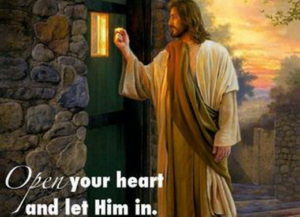 First Reading Jeremiah 7:23-28
First Reading Jeremiah 7:23-28These were my orders: Listen to my voice, then I will be your God and you shall be my people. Follow right to the end the way that I mark out for you, and you will prosper. But they did not listen, they did not pay attention; they followed the dictates of their own evil hearts, refused to face me, and turned their backs on me. From the day your ancestors came out of the land of Egypt until today, day after day I have persistently sent you all my servants the prophets.
Jesus was casting out a devil and it was dumb; but when the devil had gone out the dumb man spoke, and the people were amazed. But some of them said, ‘It is through Beelzebul, the prince of devils, that he casts out devils.’ Others asked him, as a test, for a sign from heaven; but, knowing what they were thinking, he said to them, ‘Every kingdom divided against itself is heading for ruin, and a household divided against itself collapses. So too with Satan: if he is divided against himself, how can his kingdom stand? – since you assert that it is through Beelzebul that I cast out devils. Now if it is through Beelzebul that I cast out devils, through whom do your own experts cast them out? Let them be your judges then. But if it is through the finger of God that I cast out devils, then know that the kingdom of God has overtaken you. So long as a strong man fully armed guards his own palace, his goods are undisturbed; but when someone stronger than he is attacks and defeats him, the stronger man takes away all the weapons he relied on and shares out his spoil. ‘He who is not with me is against me; and he who does not gather with me scatters.’
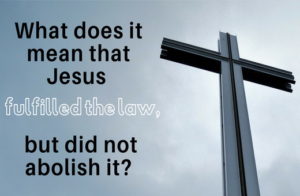 First Reading Deuteronomy 4:1,5-9
First Reading Deuteronomy 4:1,5-9Moses said to the people: ‘Now, Israel, take notice of the laws and customs that I teach you today, and observe them, that you may have life and may enter and take possession of the land that the Lord the God of your fathers is giving you. ‘See, as the Lord my God has commanded me, I teach you the laws and customs that you are to observe in the land you are to enter and make your own. Keep them, observe them, and they will demonstrate to the peoples your wisdom and understanding. When they come to know of all these laws they will exclaim, “No other people is as wise and prudent as this great nation.” And indeed, what great nation is there that has its gods so near as the Lord our God is to us whenever we call to him? And what great nation is there that has laws and customs to match this whole Law that I put before you today?
Jesus said to his disciples: ‘Do not imagine that I have come to abolish the Law or the Prophets. I have come not to abolish but to complete them. I tell you solemnly, till heaven and earth disappear, not one dot, not one little stroke, shall disappear from the Law until its purpose is achieved. Therefore, the man who infringes even one of the least of these commandments and teaches others to do the same will be considered the least in the kingdom of heaven; but the man who keeps them and teaches them will be considered great in the kingdom of heaven.’
 First Reading Daniel 3:25,34-43
First Reading Daniel 3:25,34-43 First Reading Isaiah 7:10-14,8:10
First Reading Isaiah 7:10-14,8:10The Lord spoke to Ahaz and said, ‘Ask the Lord your God for a sign for yourself coming either from the depths of Sheol or from the heights above.’ ‘No,’ Ahaz answered ‘I will not put the Lord to the test.’ Then he said: Listen now, House of David: are you not satisfied with trying the patience of men without trying the patience of my God, too? The Lord himself, therefore, will give you a sign. It is this: the maiden is with child and will soon give birth to a son whom she will call Immanuel,
Bulls’ blood and goats’ blood are useless for taking away sins, and this is what Christ said, on coming into the world: You who wanted no sacrifice or oblation, prepared a body for me. You took no pleasure in holocausts or sacrifices for sin; then I said, just as I was commanded in the scroll of the book, ‘God, here I am! I am coming to obey your will.’
The angel Gabriel was sent by God to a town in Galilee called Nazareth, to a virgin betrothed to a man named Joseph, of the House of David; and the virgin’s name was Mary. He went in and said to her, ‘Rejoice, so highly favoured! The Lord is with you.’ She was deeply disturbed by these words and asked herself what this greeting could mean, but the angel said to her, ‘Mary, do not be afraid; you have won God’s favour. Listen! You are to conceive and bear a son, and you must name him Jesus. He will be great and will be called Son of the Most High. The Lord God will give him the throne of his ancestor David; he will rule over the House of Jacob for ever and his reign will have no end.’ Mary said to the angel, ‘But how can this come about, since I am a virgin?’ ‘The Holy Spirit will come upon you’ the angel answered ‘and the power of the Most High will cover you with its shadow. And so the child will be holy and will be called Son of God. Know this too: your kinswoman Elizabeth has, in her old age, herself conceived a son, and she whom people called barren is now in her sixth month, for nothing is impossible to God.’ ‘I am the handmaid of the Lord,’ said Mary ‘let what you have said be done to me.’ And the angel left her.
 First Reading Exodus 3:1-8,13-15
First Reading Exodus 3:1-8,13-15Moses was looking after the flock of Jethro, his father-in-law priest of Midian. He led his flock to the far side of the wilderness and came to Horeb, the mountain of God. There the angel of the Lord appeared to him in the shape of a flame of fire, coming from the middle of a bush. Moses looked; there was the bush blazing but it was not being burnt up. ‘I must go and look at this strange sight,’ Moses said, ‘and see why the bush is not burnt.’ Now the Lord saw him go forward to look, and God called to him from the middle of the bush. ‘Moses, Moses!’ he said. ‘Here I am,’ Moses answered. ‘Come no nearer,’ he said. ‘Take off your shoes, for the place on which you stand is holy ground. I am the God of your fathers,’ he said, ‘the God of Abraham, the God of Isaac and the God of Jacob.’ At this Moses covered his face, afraid to look at God. And the Lord said, ‘I have seen the miserable state of my people in Egypt. I have heard their appeal to be free of their slave-drivers. Yes, I am well aware of their sufferings. I mean to deliver them out of the hands of the Egyptians and bring them up out of that land to a land rich and broad, a land where milk and honey flow, the home of the Canaanites, the Hittites, the Amorites, the Perizzites, the Hivites and the Jebusites.’
I want to remind you, brothers, how our fathers were all guided by a cloud above them and how they all passed through the sea. They were all baptised into Moses in this cloud and in this sea; all ate the same spiritual food and all drank the same spiritual drink, since they all drank from the spiritual rock that followed them as they went, and that rock was Christ. In spite of this, most of them failed to please God and their corpses littered the desert. These things all happened as warnings for us, not to have the wicked lusts for forbidden things that they had. You must never complain: some of them did, and they were killed by the Destroyer.
Some people arrived and told Jesus about the Galileans whose blood Pilate had mingled with that of their sacrifices. At this he said to them, ‘Do you suppose these Galileans who suffered like that were greater sinners than any other Galileans? They were not, I tell you. No; but unless you repent you will all perish as they did. Or those eighteen on whom the tower at Siloam fell and killed them? Do you suppose that they were more guilty than all the other people living in Jerusalem? They were not, I tell you. No; but unless you repent you will all perish as they did.’ He told this parable: ‘A man had a fig tree planted in his vineyard, and he came looking for fruit on it but found none. He said to the man who looked after the vineyard, “Look here, for three years now I have been coming to look for fruit on this fig tree and finding none. Cut it down: why should it be taking up the ground?” “Sir,” the man replied “leave it one more year and give me time to dig round it and manure it: it may bear fruit next year; if not, then you can cut it down.”’
 First Reading Micah 7:14-15,18-20
First Reading Micah 7:14-15,18-20With shepherd’s crook, O Lord, lead your people to pasture, the flock that is your heritage, living confined in a forest with meadow land all around. Let them pasture in Bashan and Gilead as in the days of old. As in the days when you came out of Egypt grant us to see wonders. What god can compare with you: taking fault away, pardoning crime, not cherishing anger for ever but delighting in showing mercy? Once more have pity on us, tread down our faults, to the bottom of the sea throw all our sins. Grant Jacob your faithfulness, and Abraham your mercy, as you swore to our fathers
The tax collectors and the sinners were all seeking the company of Jesus to hear what he had to say, and the Pharisees and the scribes complained. ‘This man’ they said ‘welcomes sinners and eats with them.’ So he spoke this parable to them: ‘A man had two sons. The younger said to his father, “Father, let me have the share of the estate that would come to me.” So the father divided the property between them. A few days later, the younger son got together everything he had and left for a distant country where he squandered his money on a life of debauchery. ‘When he had spent it all, that country experienced a severe famine, and now he began to feel the pinch, so he hired himself out to one of the local inhabitants who put him on his farm to feed the pigs. And he would willingly have filled his belly with the husks the pigs were eating but no one offered him anything. Then he came to his senses and said, “How many of my father’s paid servants have more food than they want, and here am I dying of hunger! I will leave this place and go to my father and say: Father, I have sinned against heaven and against you; I no longer deserve to be called your son; treat me as one of your paid servants.” So he left the place and went back to his father. ‘While he was still a long way off, his father saw him and was moved with pity. He ran to the boy, clasped him in his arms and kissed him tenderly. Then his son said, “Father, I have sinned against heaven and against you. I no longer deserve to be called your son.” But the father said to his servants, “Quick! Bring out the best robe and put it on him; put a ring on his finger and sandals on his feet. Bring the calf we have been fattening, and kill it; we are going to have a feast, a celebration, because this son of mine was dead and has come back to life; he was lost and is found.” And they began to celebrate. ‘Now the elder son was out in the fields, and on his way back, as he drew near the house, he could hear music and dancing. Calling one of the servants he asked what it was all about. “Your brother has come” replied the servant “and your father has killed the calf we had fattened because he has got him back safe and sound.” He was angry then and refused to go in, and his father came out to plead with him; but he answered his father, “Look, all these years I have slaved for you and never once disobeyed your orders, yet you never offered me so much as a kid for me to celebrate with my friends. But, for this son of yours, when he comes back after swallowing up your property – he and his women – you kill the calf we had been fattening.” ‘The father said, “My son, you are with me always and all I have is yours. But it was only right we should celebrate and rejoice, because your brother here was dead and has come to life; he was lost and is found.”’
 First Reading Genesis 37:3-4,12-13,17-28
First Reading Genesis 37:3-4,12-13,17-28 First Reading Jeremiah 17:5-10
First Reading Jeremiah 17:5-10The Lord says this: ‘A curse on the man who puts his trust in man, who relies on things of flesh, whose heart turns from the Lord. He is like dry scrub in the wastelands: if good comes, he has no eyes for it, he settles in the parched places of the wilderness, a salt land, uninhabited. ‘A blessing on the man who puts his trust in the Lord, with the Lord for his hope. He is like a tree by the waterside that thrusts its roots to the stream: when the heat comes it feels no alarm, its foliage stays green; it has no worries in a year of drought, and never ceases to bear fruit. ‘The heart is more devious than any other thing, perverse too: who can pierce its secrets? I, the Lord, search to the heart, I probe the loins, to give each man what his conduct
Jesus said to the Pharisees: ‘There was a rich man who used to dress in purple and fine linen and feast magnificently every day. And at his gate there lay a poor man called Lazarus, covered with sores, who longed to fill himself with the scraps that fell from the rich man’s table. Dogs even came and licked his sores. Now the poor man died and was carried away by the angels to the bosom of Abraham. The rich man also died and was buried. ‘In his torment in Hades he looked up and saw Abraham a long way off with Lazarus in his bosom. So he cried out, “Father Abraham, pity me and send Lazarus to dip the tip of his finger in water and cool my tongue, for I am in agony in these flames.” “My son,” Abraham replied “remember that during your life good things came your way, just as bad things came the way of Lazarus. Now he is being comforted here while you are in agony. But that is not all: between us and you a great gulf has been fixed, to stop anyone, if he wanted to, crossing from our side to yours, and to stop any crossing from your side to ours.” ‘The rich man replied, “Father, I beg you then to send Lazarus to my father’s house, since I have five brothers, to give them warning so that they do not come to this place of torment too.” “They have Moses and the prophets,” said Abraham “let them listen to them.” “Ah no, father Abraham,” said the rich man “but if someone comes to them from the dead, they will repent.” Then Abraham said to him, “If they will not listen either to Moses or to the prophets, they will not be convinced even if someone should rise from the dead.”’
 First Reading Jeremiah 18:18-20
First Reading Jeremiah 18:18-20‘Come on,’ they said, ‘let us concoct a plot against Jeremiah; the priest will not run short of instruction without him, nor the sage of advice, nor the prophet of the word. Come on, let us hit at him with his own tongue; let us listen carefully to every word he says.’ Listen to me, O Lord, hear what my adversaries are saying. Should evil be returned for good? For they are digging a pit for me. Remember how I stood in your presence to plead on their behalf,
Jesus was going up to Jerusalem, and on the way he took the Twelve to one side and said to them, ‘Now we are going up to Jerusalem, and the Son of Man is about to be handed over to the chief priests and scribes. They will condemn him to death and will hand him over to the pagans to be mocked and scourged and crucified; and on the third day he will rise again.’ Then the mother of Zebedee’s sons came with her sons to make a request of him, and bowed low; and he said to her, ‘What is it you want?’ She said to him, ‘Promise that these two sons of mine may sit one at your right hand and the other at your left in your kingdom.’ ‘You do not know what you are asking’ Jesus answered. ‘Can you drink the cup that I am going to drink?’ They replied, ‘We can.’ ‘Very well,’ he said ‘you shall drink my cup, but as for seats at my right hand and my left, these are not mine to grant; they belong to those to whom they have been allotted by my Father.’ When the other ten heard this they were indignant with the two brothers. But Jesus called them to him and said, ‘You know that among the pagans the rulers lord it over them, and their great men make their authority felt. This is not to happen among you. No; anyone who wants to be great among you must be your servant, and anyone who wants to be first among you must be your slave, just as the Son of Man came not to be served but to serve, and to give his life as a ransom for many.’

First Reading 2 Samuel 7:4-5,12-14,16
The word of the Lord came to Nathan:
The promise of inheriting the world was not made to Abraham and his descendants on account of any law but on account of the righteousness which consists in faith. That is why what fulfils the promise depends on faith, so that it may be a free gift and be available to all of Abraham’s descendants, not only those who belong to the Law but also those who belong to the faith of Abraham who is the father of all of us. As scripture says: I have made you the ancestor of many nations – Abraham is our father in the eyes of God, in whom he put his faith, and who brings the dead to life and calls into being what does not exist.
Jacob was the father of Joseph the husband of Mary; of her was born Jesus who is called Christ. This is how Jesus Christ came to be born. His mother Mary was betrothed to Joseph; but before they came to live together she was found to be with child through the Holy Spirit. Her husband Joseph; being a man of honour and wanting to spare her publicity, decided to divorce her informally. He had made up his mind to do this when the angel of the Lord appeared to him in a dream and said, ‘Joseph son of David, do not be afraid to take Mary home as your wife, because she has conceived what is in her by the Holy Spirit. She will give birth to a son and you must name him Jesus, because he is the one who is to save his people from their sins.’ When Joseph woke up he did what the angel of the Lord had told him to do.
 First Reading Dn 9:4b–10
First Reading Dn 9:4b–10you who keep your merciful covenant toward those who love you
and observe your commandments!
We have sinned, been wicked and done evil;
we have rebelled and departed from your commandments and your laws.
We have not obeyed your servants the prophets,
who spoke in your name to our kings, our princes,
our fathers, and all the people of the land.
Justice, O Lord, is on your side;
we are shamefaced even to this day:
we, the men of Judah, the residents of Jerusalem,
and all Israel, near and far,
in all the countries to which you have scattered them
because of their treachery toward you.
O LORD, we are shamefaced, like our kings, our princes, and our fathers,
for having sinned against you.
But yours, O Lord, our God, are compassion and forgiveness!
Yet we rebelled against you
and paid no heed to your command, O LORD, our God,
to live by the law you gave us through your servants the prophets.”
Jesus said to his disciples: “Be merciful, just as your Father is merciful.
Stop judging and you will not be judged. Stop condemning and you will not be condemned. Forgive and you will be forgiven.
Give and gifts will be given to you; a good measure, packed together, shaken down, and overflowing, will be poured into your lap. For the measure with which you measure will in return be measured out to you.”
 First Reading Genesis 15:5-12,17-18
First Reading Genesis 15:5-12,17-18Taking Abram outside, the Lord said, ‘Look up to heaven and count the stars if you can.’ ‘Such will be your descendants,’ he told him. Abram put his faith in the Lord, who counted this as making him justified. ‘I am the Lord’ he said to him ‘who brought you out of Ur of the Chaldaeans to make you heir to this land.’ ‘My Lord,’ Abram replied ‘how am I to know that I shall inherit it?’ He said to him, ‘Get me a three-year-old heifer, a three-year-old goat, a three-year-old ram, a turtledove and a young pigeon.’ He brought him all these, cut them in half and put half on one side and half facing it on the other; but the birds he did not cut in half. Birds of prey came down on the carcases but Abram drove them off. When the sun had set and darkness had fallen, there appeared a smoking furnace and a firebrand that went between the halves. That day the Lord made a Covenant with Abram in these terms: ‘To your descendants I give this land,
My brothers, be united in following my rule of life. Take as your models everybody who is already doing this and study them as you used to study us. I have told you often, and I repeat it today with tears, there are many who are behaving as the enemies of the cross of Christ. They are destined to be lost. They make foods into their god and they are proudest of something they ought to think shameful; the things they think important are earthly things. For us, our homeland is in heaven, and from heaven comes the saviour we are waiting for, the Lord Jesus Christ, and he will transfigure these wretched bodies of ours into copies of his glorious body. He will do that by the same power with which he can subdue the whole universe.
Jesus took with him Peter and John and James and went up the mountain to pray. As he prayed, the aspect of his face was changed and his clothing became brilliant as lightning. Suddenly there were two men there talking to him; they were Moses and Elijah appearing in glory, and they were speaking of his passing which he was to accomplish in Jerusalem. Peter and his companions were heavy with sleep, but they kept awake and saw his glory and the two men standing with him. As these were leaving him, Peter said to Jesus, ‘Master, it is wonderful for us to be here; so let us make three tents, one for you, one for Moses and one for Elijah.’ – He did not know what he was saying. As he spoke, a cloud came and covered them with shadow; and when they went into the cloud the disciples were afraid. And a voice came from the cloud saying, ‘This is my Son, the Chosen One. Listen to him.’ And after the voice had spoken, Jesus was found alone. The disciples kept silence and, at that time, told no one what they had seen.
 First Reading Deuteronomy 26:16-19
First Reading Deuteronomy 26:16-19Moses said to the people: ‘The Lord your God today commands you to observe these laws and customs; you must keep and observe them with all your heart and with all your soul.
Jesus said to his disciples: ‘You have learnt how it was said: You must love your neighbour and hate your enemy. But I say this to you: love your enemies and pray for those who persecute you; in this way you will be sons of your Father in heaven, for he causes his sun to rise on bad men as well as good, and his rain to fall on honest and dishonest men alike. For if you love those who love you, what right have you to claim any credit? Even the tax collectors do as much, do they not? And if you save your greetings for your brothers, are you doing anything exceptional? Even the pagans do as much, do they not? You must therefore be perfect just as your heavenly Father is perfect.’
 First Reading Ezekiel 18:21-28
First Reading Ezekiel 18:21-28Thus says the Lord: ‘If the wicked man renounces all the sins he has committed, respects my laws and is law-abiding and honest, he will certainly live; he will not die. All the sins he committed will be forgotten from then on; he shall live because of the integrity he has practised. What! Am I likely to take pleasure in the death of a wicked man – it is the Lord who speaks – and not prefer to see him renounce his wickedness and live?
Jesus said to his disciples: ‘If your virtue goes no deeper than that of the scribes and Pharisees, you will never get into the kingdom of heaven. ‘You have learnt how it was said to our ancestors: You must not kill; and if anyone does kill he must answer for it before the court. But I say this to you: anyone who is angry with his brother will answer for it before the court; if a man calls his brother “Fool” he will answer for it before the Sanhedrin; and if a man calls him “Renegade” he will answer for it in hell fire. So then, if you are bringing your offering to the altar and there remember that your brother has something against you, leave your offering there before the altar, go and be reconciled with your brother first, and then come back and present your offering. Come to terms with your opponent in good time while you are still on the way to the court with him, or he may hand you over to the judge and the judge to the officer, and you will be thrown into prison. I tell you solemnly, you will not get out till you have paid the last penny.’
 First Reading Esther 4:17
First Reading Esther 4:17Queen Esther took refuge with the Lord in the mortal peril which had overtaken her. She besought the Lord God of Israel in these words: ‘My Lord, our King, the only one, come to my help, for I am alone and have no helper but you and am about to take my life in my hands. ‘I have been taught from my earliest years, in the bosom of my family, that you, Lord, chose Israel out of all the nations and our ancestors out of all the people of old times to be your heritage for ever; and that you have treated them as you promised. ‘Remember, Lord; reveal yourself in the time of our distress. ‘As for me, give me courage, King of gods and master of all power. Put persuasive words into my mouth when I face the lion; change his feeling into hatred for our enemy, that the latter and all like him may be brought to their end. ‘As for ourselves, save us by your hand, and come to my help, for I am alone
Jesus said to his disciples, ‘Ask, and it will be given to you; search, and you will find; knock, and the door will be opened to you. For the one who asks always receives; the one who searches always finds; the one who knocks will always have the door opened to him. Is there a man among you who would hand his son a stone when he asked for bread? Or would hand him a snake when he asked for a fish? If you, then, who are evil, know how to give your children what is good, how much more will your Father in heaven give good things to those who ask him! ‘So always treat others as you would like them to treat you; that is the meaning of the Law and the Prophets.’
 First Reading Jonah 3:1-10
First Reading Jonah 3:1-10The crowds got even bigger, and Jesus addressed them: ‘This is a wicked generation; it is asking for a sign. The only sign it will be given is the sign of Jonah. For just as Jonah became a sign to the Ninevites, so will the Son of Man be to this generation. On Judgement day the Queen of the South will rise up with the men of this generation and condemn them, because she came from the ends of the earth to hear the wisdom of Solomon; and there is something greater than Solomon here. On Judgement day the men of Nineveh will stand up with this generation and condemn it, because when Jonah preached they repented; and there is something greater than Jonah here.’
 First Reading Isaiah 55:10-11
First Reading Isaiah 55:10-11Jesus said to his disciples: ‘In your prayers do not babble as the pagans do, for they think that by using many words they will make themselves heard. Do not be like them; your Father knows what you need before you ask him. So you should pray like this: ‘Our Father in heaven, may your name be held holy, your kingdom come, your will be done, on earth as in heaven. Give us today our daily bread. And forgive us our debts, as we have forgiven those who are in debt to us. And do not put us to the test, but save us from the evil one. ‘Yes, if you forgive others their failings, your heavenly Father will forgive you yours; but if you do not forgive others, your Father will not forgive your failings either.’
 First Reading Leviticus 19:1-2,11-18
First Reading Leviticus 19:1-2,11-18The Lord spoke to Moses. He said: ‘Speak to the whole community of the sons of Israel and say to them: ‘“Be holy, for I, the Lord your God, am holy. ‘“You must not steal nor deal deceitfully or fraudulently with your neighbour. You must not swear falsely by my name, profaning the name of your God. I am the Lord. You must not exploit or rob your neighbour. You must not keep back the labourer’s wage until next morning. You must not curse the dumb, nor put an obstacle in the blind man’s way, but you must fear your God. I am the Lord.
Jesus said to his disciples: ‘When the Son of Man comes in his glory, escorted by all the angels, then he will take his seat on his throne of glory. All the nations will be assembled before him and he will separate men one from another as the shepherd separates sheep from goats. He will place the sheep on his right hand and the goats on his left. ‘Then the King will say to those on his right hand, “Come, you whom my Father has blessed, take for your heritage the kingdom prepared for you since the foundation of the world. For I was hungry and you gave me food; I was thirsty and you gave me drink; I was a stranger and you made me welcome; naked and you clothed me, sick and you visited me, in prison and you came to see me.” Then the virtuous will say to him in reply, “Lord, when did we see you hungry and feed you; or thirsty and give you drink? When did we see you a stranger and make you welcome; naked and clothe you; sick or in prison and go to see you?” And the King will answer, “I tell you solemnly, in so far as you did this to one of the least of these brothers of mine, you did it to me.” ‘Next he will say to those on his left hand, “Go away from me, with your curse upon you, to the eternal fire prepared for the devil and his angels. For I was hungry and you never gave me food; I was thirsty and you never gave me anything to drink; I was a stranger and you never made me welcome, naked and you never clothed me, sick and in prison and you never visited me.” Then it will be their turn to ask, “Lord, when did we see you hungry or thirsty, a stranger or naked, sick or in prison, and did not come to your help?” Then he will answer, “I tell you solemnly, in so far as you neglected to do this to one of the least of these, you neglected to do it to me.” ‘And they will go away to eternal punishment, and the virtuous to eternal life.’
 First Reading Deuteronomy 26:4-10
First Reading Deuteronomy 26:4-10Moses said to the people: ‘The priest shall take the pannier from your hand and lay it before the altar of the Lord your God. Then, in the sight of the Lord your God, you must make this pronouncement: ‘“My father was a wandering Aramaean. He went down into Egypt to find refuge there, few in numbers; but there he became a nation, great, mighty, and strong. The Egyptians ill-treated us, they gave us no peace and inflicted harsh slavery on us. But we called on the Lord, the God of our fathers. The Lord heard our voice and saw our misery, our toil and our oppression; and the Lord brought us out of Egypt with mighty hand and outstretched arm, with great terror, and with signs and wonders. He brought us here and gave us this land, a land where milk and honey flow. Here then I bring the first-fruits of the produce of the soil that you, the Lord, have given me.”
Filled with the Holy Spirit, Jesus left the Jordan and was led by the Spirit through the wilderness, being tempted there by the devil for forty days. During that time he ate nothing and at the end he was hungry. Then the devil said to him, ‘If you are the Son of God, tell this stone to turn into a loaf.’ But Jesus replied, ‘Scripture says: Man does not live on bread alone.’ Then leading him to a height, the devil showed him in a moment of time all the kingdoms of the world and said to him, ‘I will give you all this power and the glory of these kingdoms, for it has been committed to me and I give it to anyone I choose. Worship me, then, and it shall all be yours.’ But Jesus answered him, ‘Scripture says: You must worship the Lord your God, and serve him alone.’ Then he led him to Jerusalem and made him stand on the parapet of the Temple. ‘If you are the Son of God,’ he said to him ‘throw yourself down from here, for scripture says: He will put his angels in charge of you to guard you, and again: They will hold you up on their hands in case you hurt your foot against a stone.’ But Jesus answered him, ‘It has been said: You must not put the Lord your God to the test.’ Having exhausted all these ways of tempting him, the devil left him, to return at the appointed time.
 First Reading Isaiah 58:9-14
First Reading Isaiah 58:9-14The Lord says this: If you do away with the yoke, the clenched fist, the wicked word, if you give your bread to the hungry, and relief to the oppressed, your light will rise in the darkness, and your shadows become like noon. The Lord will always guide you, giving you relief in desert places. He will give strength to your bones and you shall be like a watered garden, like a spring of water whose waters never run dry. You will rebuild the ancient ruins, build up on the old foundations. You will be called ‘Breach-mender’, ‘Restorer of ruined houses.’ If you refrain from trampling the sabbath, and doing business on the holy day, if you call the Sabbath ‘Delightful’, and the day sacred to the Lord ‘Honourable’, if you honour it by abstaining from travel, from doing business and from gossip, then shall you find your happiness in the Lord and I will lead you triumphant over the heights of the land. I will feed you on the heritage of Jacob your father.
Jesus noticed a tax collector, Levi by name, sitting by the customs house, and said to him, ‘Follow me.’ And leaving everything he got up and followed him. In his honour Levi held a great reception in his house, and with them at table was a large gathering of tax collectors and others. The Pharisees and their scribes complained to his disciples and said, ‘Why do you eat and drink with tax collectors and sinners?’ Jesus said to them in reply, ‘It is not those who are well who need the doctor, but the sick. I have not come to call the virtuous, but sinners to repentance.’
 First Reading Isaiah 58:1-9
First Reading Isaiah 58:1-9Thus says the Lord: Shout for all you are worth, raise your voice like a trumpet. Proclaim their faults to my people, their sins to the House of Jacob. They seek me day after day, they long to know my ways, like a nation that wants to act with integrity and not ignore the law of its God. They ask me for laws that are just, they long for God to draw near: ‘Why should we fast if you never see it, why do penance if you never notice?’ Look, you do business on your fast-days, you oppress all your workmen; look, you quarrel and squabble when you fast and strike the poor man with your fist. Fasting like yours today will never make your voice heard on high. Is that the sort of fast that pleases me, a truly penitential day for men? Hanging your head like a reed, lying down on sackcloth and ashes? Is that what you call fasting, a day acceptable to the Lord? Is not this the sort of fast that pleases me – it is the Lord who speaks – to break unjust fetters and undo the thongs of the yoke, to let the oppressed go free, and break every yoke, to share your bread with the hungry, and shelter the homeless poor, to clothe the man you see to be naked and not turn from your own kin? Then will your light shine like the dawn and your wound be quickly healed over. Your integrity will go before you and the glory of the Lord behind you. Cry, and the Lord will answer; call, and he will say, ‘I am here.’
John’s disciples came to Jesus and said, ‘Why is it that we and the Pharisees fast, but your disciples do not?’ Jesus replied, ‘Surely the bridegroom’s attendants would never think of mourning as long as the bridegroom is still with them? But the time will come for the bridegroom to be taken away from them, and then they will fast.’
 First Reading Deuteronomy 30:15-20
First Reading Deuteronomy 30:15-20Jesus said to his disciples: ‘The Son of Man is destined to suffer grievously, to be rejected by the elders and chief priests and scribes and to be put to death, and to be raised up on the third day.’ Then to all he said: ‘If anyone wants to be a follower of mine, let him renounce himself and take up his cross every day and follow me. For anyone who wants to save his life will lose it; but anyone who loses his life for my sake, that man will save it. What gain, then, is it for a man to have won the whole world and to have lost or ruined his very self?’
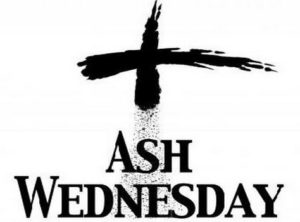 First Reading Joel 2:12-18
First Reading Joel 2:12-18‘Now, now – it is the Lord who speaks – come back to me with all your heart, fasting, weeping, mourning.’ Let your hearts be broken, not your garments torn, turn to the Lord your God again, for he is all tenderness and compassion, slow to anger, rich in graciousness, and ready to relent. Who knows if he will not turn again, will not relent, will not leave a blessing as he passes, oblation and libation for the Lord your God? Sound the trumpet in Zion! Order a fast, proclaim a solemn assembly, call the people together, summon the community, assemble the elders, gather the children, even the infants at the breast. Let the bridegroom leave his bedroom and the bride her alcove. Between vestibule and altar let the priests, the ministers of the Lord, lament. Let them say, ‘Spare your people, Lord! Do not make your heritage a thing of shame, a byword for the nations. Why should it be said among the nations, “Where is their God?”’ Then the Lord, jealous on behalf of his land,
Jesus said to his disciples: ‘Be careful not to parade your good deeds before men to attract their notice; by doing this you will lose all reward from your Father in heaven. So when you give alms, do not have it trumpeted before you; this is what the hypocrites do in the synagogues and in the streets to win men’s admiration. I tell you solemnly, they have had their reward. But when you give alms, your left hand must not know what your right is doing; your almsgiving must be secret, and your Father who sees all that is done in secret will reward you. ‘And when you pray, do not imitate the hypocrites: they love to say their prayers standing up in the synagogues and at the street corners for people to see them; I tell you solemnly, they have had their reward. But when you pray, go to your private room and, when you have shut your door, pray to your Father who is in that secret place, and your Father who sees all that is done in secret will reward you. ‘When you fast do not put on a gloomy look as the hypocrites do: they pull long faces to let men know they are fasting. I tell you solemnly, they have had their reward. But when you fast, put oil on your head and wash your face, so that no one will know you are fasting except your Father who sees all that is done in secret; and your Father who sees all that is done in secret will reward you.’
 First Reading Ecclesiasticus 35:2-15
First Reading Ecclesiasticus 35:2-15A man multiplies offerings by keeping the Law; he offers communion sacrifices by following the commandments. By showing gratitude he makes an offering of fine flour, by giving alms he offers a sacrifice of praise. Withdraw from wickedness and the Lord will be pleased, withdraw from injustice and you make atonement. Do not appear empty-handed in the Lord’s presence; for all these things are due under the commandment. A virtuous man’s offering graces the altar, and its savour rises before the Most High. A virtuous man’s sacrifice is acceptable, its memorial will not be forgotten. Honour the Lord with generosity, do not stint the first-fruits you bring. Add a smiling face to all your gifts, and be cheerful as you dedicate your tithes. Give to the Most High as he has given to you, generously as your means can afford; for the Lord is a good rewarder, he will reward you seven times over. Offer him no bribe, he will not accept it, do not put your faith in an unvirtuous sacrifice;
At that time Peter began to tell Jesus, ‘What about us? We have left everything and followed you.’ Jesus said, ‘I tell you solemnly, there is no one who has left house, brothers, sisters, father, children or land for my sake and for the sake of the gospel who will not be repaid a hundred times over, houses, brothers, sisters, mothers, children and land – not without persecutions – now in this present time and, in the world to come, eternal life. ‘Many who are first will be last, and the last first.’
 First Reading Ecclesiasticus 17:20-28
First Reading Ecclesiasticus 17:20-28To those who repent, God permits return, and he encourages those who were losing hope. Return to the Lord and leave sin behind, plead before his face and lessen your offence. Come back to the Most High and turn away from iniquity, and hold in abhorrence all that is foul. Who will praise the Most High in Sheol, if the living do not do so by giving glory to him? To the dead, as to those who do not exist, praise is unknown, only those with life and health can praise the Lord.
Jesus was setting out on a journey when a man ran up, knelt before him and put this question to him, ‘Good master, what must I do to inherit eternal life?’ Jesus said to him, ‘Why do you call me good? No one is good but God alone. You know the commandments: You must not kill; You must not commit adultery; You must not steal; You must not bring false witness; You must not defraud; Honour your father and mother.’ And he said to him, ‘Master, I have kept all these from my earliest days.’ Jesus looked steadily at him and loved him, and he said, ‘There is one thing you lack. Go and sell everything you own and give the money to the poor, and you will have treasure in heaven; then come, follow me.’ But his face fell at these words and he went away sad, for he was a man of great wealth. Jesus looked round and said to his disciples, ‘How hard it is for those who have riches to enter the kingdom of God!’ The disciples were astounded by these words, but Jesus insisted, ‘My children,’ he said to them ‘how hard it is to enter the kingdom of God! It is easier for a camel to pass through the eye of a needle than for a rich man to enter the kingdom of God.’ They were more astonished than ever. ‘In that case’ they said to one another ‘who can be saved?’ Jesus gazed at them. ‘For men’ he said ‘it is impossible, but not for God: because everything is possible for God.’
 First Reading Ecclesiasticus 27:5-8
First Reading Ecclesiasticus 27:5-8In a shaken sieve the rubbish is left behind, so too the defects of a man appear in his talk. The kiln tests the work of the potter, the test of a man is in his conversation. The orchard where a tree grows is judged on the quality of its fruit, similarly a man’s words betray what he feels.
When this perishable nature has put on imperishability, and when this mortal nature has put on immortality, then the words of scripture will come true: Death is swallowed up in victory. Death, where is your victory? Death, where is your sting? Now the sting of death is sin, and sin gets its power from the Law. So let us thank God for giving us the victory through our Lord Jesus Christ.
Jesus told a parable to his disciples: ‘Can one blind man guide another? Surely both will fall into a pit? The disciple is not superior to his teacher; the fully trained disciple will always be like his teacher. Why do you observe the splinter in your brother’s eye and never notice the plank in your own? How can you say to your brother, “Brother, let me take out the splinter that is in your eye,” when you cannot see the plank in your own? Hypocrite! Take the plank out of your own eye first, and then you will see clearly enough to take out the splinter that is in your brother’s eye. ‘There is no sound tree that produces rotten fruit, nor again a rotten tree that produces sound fruit. For every tree can be told by its own fruit: people do not pick figs from thorns, nor gather grapes from brambles. A good man draws what is good from the store of goodness in his heart; a bad man draws what is bad from the store of badness. For a man’s words flow out of what fills his heart.’
 First Reading Ecclesiasticus 17:1-13
First Reading Ecclesiasticus 17:1-13The Lord fashioned man from the earth, to consign him back to it. He gave them so many days’ determined time, he gave them authority over everything on earth. He clothed them with strength like his own, and made them in his own image. He filled all living things with dread of man, making him master over beasts and birds. He shaped for them a mouth and tongue, eyes and ears, and gave them a heart to think with. He filled them with knowledge and understanding, and revealed to them good and evil. He put his own light in their hearts to show them the magnificence of his works. They will praise his holy name, as they tell of his magnificent works. He set knowledge before them, he endowed them with the law of life. Their eyes saw his glorious majesty, and their ears heard the glory of his voice. He said to them, ‘Beware of all wrong-doing’; he gave each a commandment concerning his neighbour. Their ways are always under his eye, they cannot be hidden from his sight.
People were bringing little children to Jesus, for him to touch them. The disciples turned them away, but when Jesus saw this he was indignant and said to them, ‘Let the little children come to me; do not stop them; for it is to such as these that the kingdom of God belongs. I tell you solemnly, anyone who does not welcome the kingdom of God like a little child will never enter it.’ Then he put his arms round them, laid his hands on them and gave them his blessing.
 First Reading Ecclesiasticus 6:5-17
First Reading Ecclesiasticus 6:5-17A kindly turn of speech multiplies a man’s friends, and a courteous way of speaking invites many a friendly reply. Let your acquaintances be many, but your advisers one in a thousand. If you want to make a friend, take him on trial, and be in no hurry to trust him; for one kind of friend is only so when it suits him but will not stand by you in your day of trouble. Another kind of friend will fall out with you and to your dismay make the quarrel public, and a third kind of friend will share your table, but not stand by you in your day of trouble: when you are doing well he will be your second self, ordering your servants about; but if ever you are brought low he will turn against you and will hide himself from you. Keep well clear of your enemies, and be wary of your friends. A faithful friend is a sure shelter, whoever finds one has found a rare treasure. A faithful friend is something beyond price, there is no measuring his worth. A faithful friend is the elixir of life, and those who fear the Lord will find one. Whoever fears the Lord makes true friends, for as a man is, so is his friend.
Jesus came to the district of Judaea and the far side of the Jordan. And again crowds gathered round him, and again he taught them, as his custom was. Some Pharisees approached him and asked, ‘Is it against the law for a man to divorce his wife?’ They were testing him. He answered them, ‘What did Moses command you?’ ‘Moses allowed us’ they said ‘to draw up a writ of dismissal and so to divorce.’ Then Jesus said to them, ‘It was because you were so unteachable that he wrote this commandment for you. But from the beginning of creation God made them male and female. This is why a man must leave father and mother, and the two become one body. They are no longer two, therefore, but one body. So then, what God has united, man must not divide.’ Back in the house the disciples questioned him again about this, and he said to them, ‘The man who divorces his wife and marries another is guilty of adultery against her. And if a woman divorces her husband and marries another she is guilty of adultery too.’
Read more...

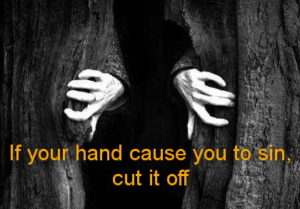 First Reading Ecclesiasticus 5:1-10
First Reading Ecclesiasticus 5:1-10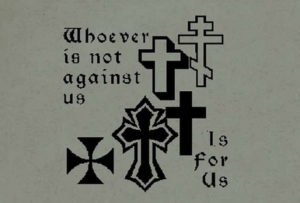 First Reading Ecclesiasticus 4:12-22
First Reading Ecclesiasticus 4:12-22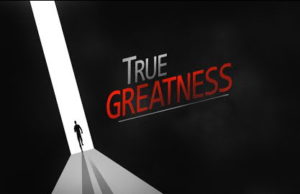 First Reading Ecclesiasticus 2:1-11
First Reading Ecclesiasticus 2:1-11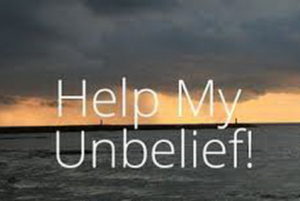 First Reading Ecclesiasticus 1:1-10
First Reading Ecclesiasticus 1:1-10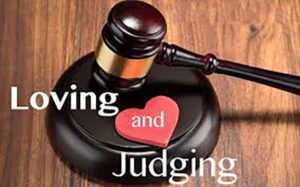 First Reading 1 Samuel 26:2,7-9,11-13,22-23
First Reading 1 Samuel 26:2,7-9,11-13,22-23 First Reading Hebrews 11:1-7
First Reading Hebrews 11:1-7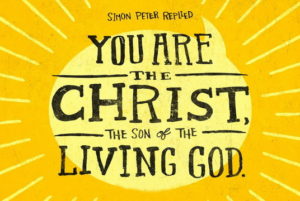 First Reading 1 Peter 5:1-4
First Reading 1 Peter 5:1-4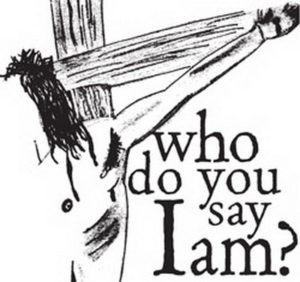 First Reading Genesis 9:1-13
First Reading Genesis 9:1-13 First Reading Genesis 8:6-13,20-22
First Reading Genesis 8:6-13,20-22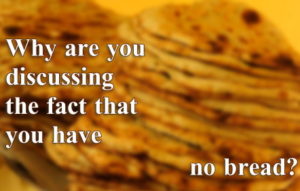 First Reading Genesis 6:5-8,7:1-5,10
First Reading Genesis 6:5-8,7:1-5,10 First Reading Genesis 4:1-15,25
First Reading Genesis 4:1-15,25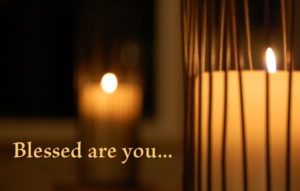 First Reading Jeremiah 17:5-8
First Reading Jeremiah 17:5-8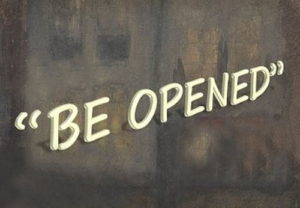 First Reading Genesis 3:1-8
First Reading Genesis 3:1-8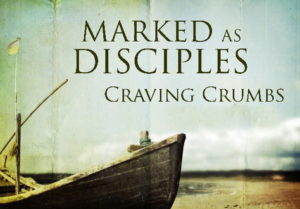 First Reading Genesis 2:18-25
First Reading Genesis 2:18-25 First Reading Genesis 2:4-9,15-17
First Reading Genesis 2:4-9,15-17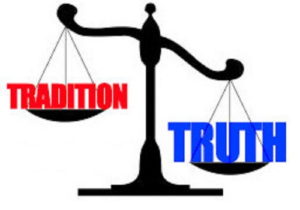 First Reading Genesis 1:20-2:4
First Reading Genesis 1:20-2:4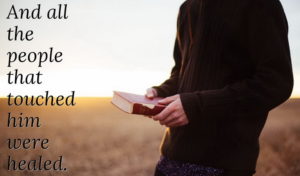 First Reading Genesis 1:1-19
First Reading Genesis 1:1-19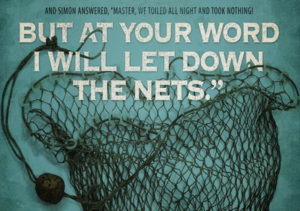 First Reading Isaiah 6:1-2,3-8
First Reading Isaiah 6:1-2,3-8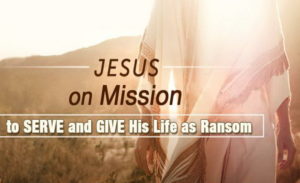
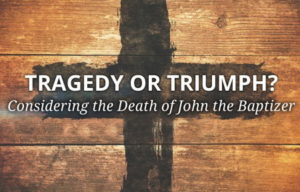 First Reading Hebrews 13:1-8
First Reading Hebrews 13:1-8 First Reading Hebrews 12:18-19,21-24
First Reading Hebrews 12:18-19,21-24 First Reading Hebrews 12:4-7,11-15
First Reading Hebrews 12:4-7,11-15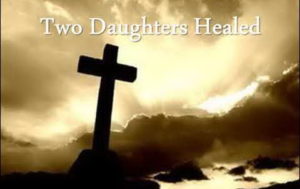 First Reading Hebrews 12:1-4
First Reading Hebrews 12:1-4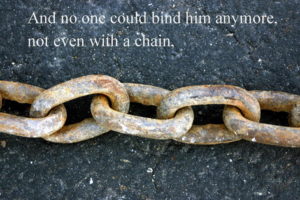 First Reading Hebrews 11:32-40
First Reading Hebrews 11:32-40 First Reading Jeremiah 1:4-5,17-19
First Reading Jeremiah 1:4-5,17-19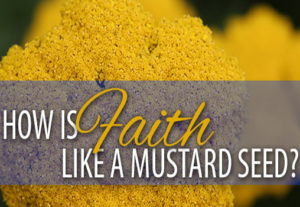 First reading Hebrews 10:32-39
First reading Hebrews 10:32-39
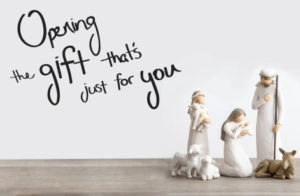
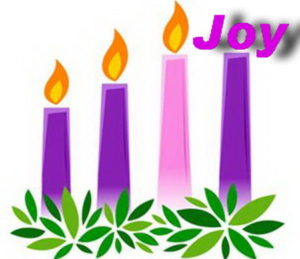

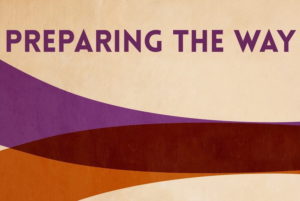
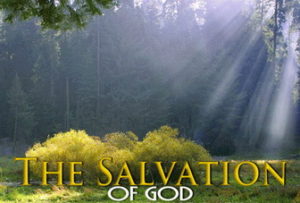
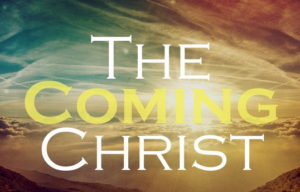


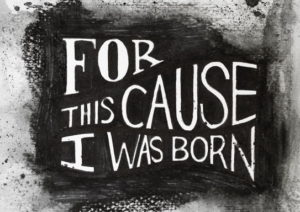










































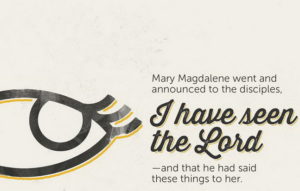 First Reading 1 John 1:1-4
First Reading 1 John 1:1-4 First Reading Acts 6:8-10,7:54-59
First Reading Acts 6:8-10,7:54-59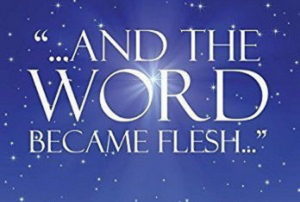 First reading Isaiah 52:7-10
First reading Isaiah 52:7-10 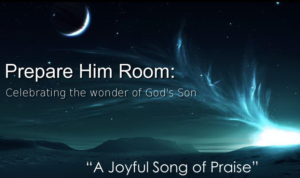 First reading 2 Samuel 7:1-5,8-12,14,16
First reading 2 Samuel 7:1-5,8-12,14,16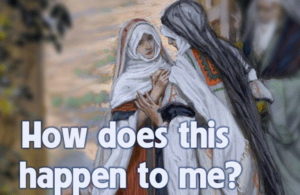 First Reading Micah 5:1-4
First Reading Micah 5:1-4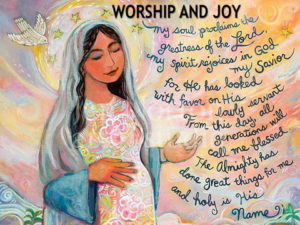 First reading 1 Samuel 1:24-28
First reading 1 Samuel 1:24-28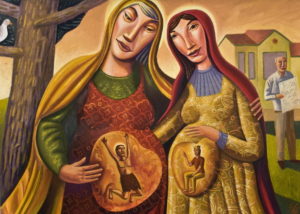
 First Reading Isaiah 7:10-14
First Reading Isaiah 7:10-14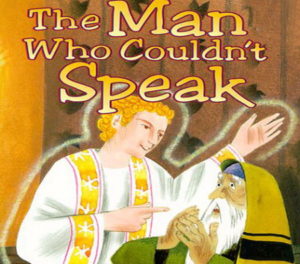 First Reading Judges 13:2-7,24-25
First Reading Judges 13:2-7,24-25 First reading Jeremiah 23:5-8
First reading Jeremiah 23:5-8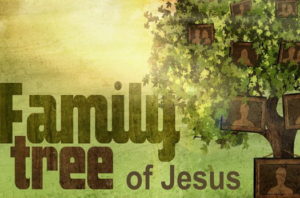 First Reading Genesis 49:2,8-10
First Reading Genesis 49:2,8-10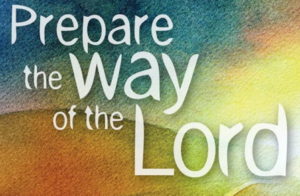 First Reading Zephaniah 3:14-18
First Reading Zephaniah 3:14-18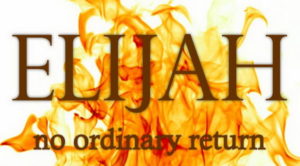 First Reading Ecclesiasticus 48:1-4,9-12
First Reading Ecclesiasticus 48:1-4,9-12 First Reading Isaiah 48:17-19
First Reading Isaiah 48:17-19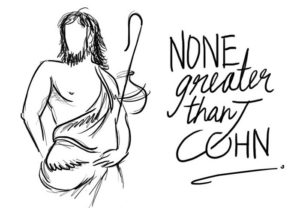 First Reading Isaiah 41:13-20
First Reading Isaiah 41:13-20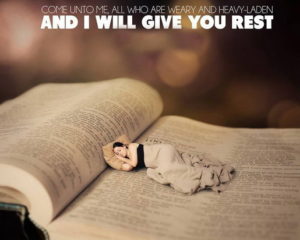 First Reading Isaiah 40:25-31
First Reading Isaiah 40:25-31 First Reading Isaiah 40:1-11
First Reading Isaiah 40:1-11 First Reading Isaiah 35:1-10
First Reading Isaiah 35:1-10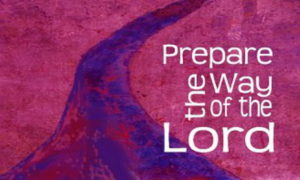 First Reading Baruch 5:1-9
First Reading Baruch 5:1-9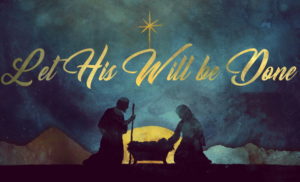 First Reading Genesis 3:9-15,20
First Reading Genesis 3:9-15,20 First Reading Isaiah 29:17-24
First Reading Isaiah 29:17-24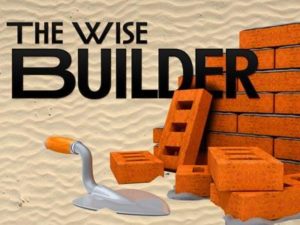 First Reading Isaiah 26:1-6
First Reading Isaiah 26:1-6 First Reading Isaiah 25:6-10
First Reading Isaiah 25:6-10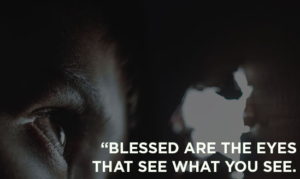 First Reading Isaiah 11:1-10
First Reading Isaiah 11:1-10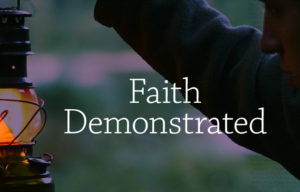 First Reading Isaiah 2:1-5
First Reading Isaiah 2:1-5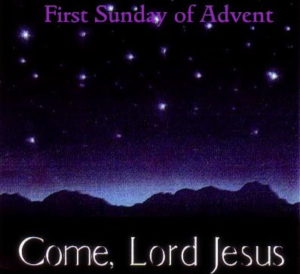 First Reading Jeremiah 33:14-16
First Reading Jeremiah 33:14-16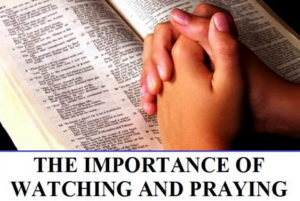 First Reading Apocalypse 22:1-7
First Reading Apocalypse 22:1-7 First Reading Romans 10:9-18
First Reading Romans 10:9-18 First Reading Apocalypse 18:1-2,21-23,19:1-3,9
First Reading Apocalypse 18:1-2,21-23,19:1-3,9 First Reading Apocalypse 15:1-4
First Reading Apocalypse 15:1-4 First Reading Apocalypse 14:14-19
First Reading Apocalypse 14:14-19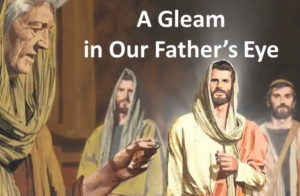 First Reading Apocalypse 14:1-5
First Reading Apocalypse 14:1-5 First Reading Daniel 7:13-14
First Reading Daniel 7:13-14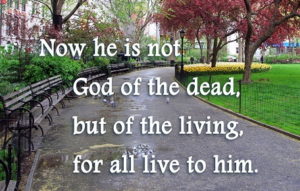 First Reading Apocalypse 11:4-12
First Reading Apocalypse 11:4-12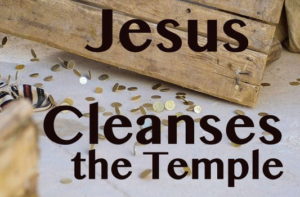 First Reading Apocalypse 10:8-11
First Reading Apocalypse 10:8-11 First Reading Apocalypse 5:1-10
First Reading Apocalypse 5:1-10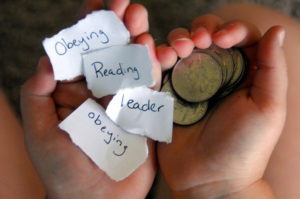 First Reading Apocalypse 4:1-11
First Reading Apocalypse 4:1-11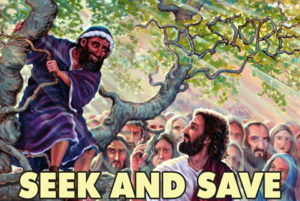 First Reading Apocalypse 3:1-6,14-22
First Reading Apocalypse 3:1-6,14-22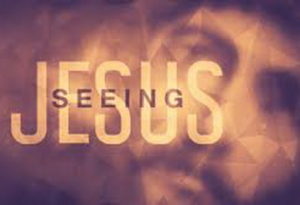 First Reading Apocalypse 1:1-4,2:1-5
First Reading Apocalypse 1:1-4,2:1-5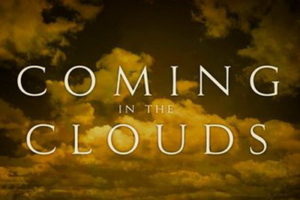 First Reading Daniel 12:1-3
First Reading Daniel 12:1-3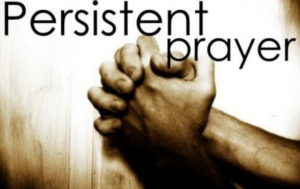 First Reading 3 John 1:5-8
First Reading 3 John 1:5-8 First Reading 2 John 1:4-9
First Reading 2 John 1:4-9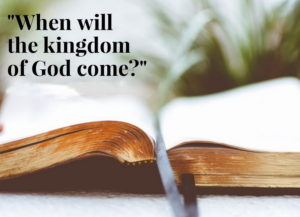 First Reading Philemon 1:7-20
First Reading Philemon 1:7-20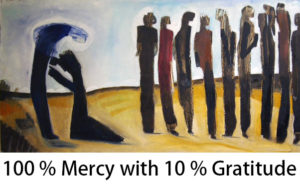 First Reading Titus 3:1-7
First Reading Titus 3:1-7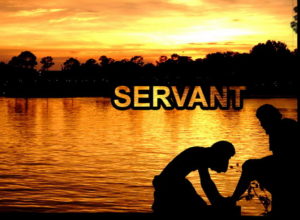 First Reading Titus 2:1-8,11-14
First Reading Titus 2:1-8,11-14 First Reading Titus 1:1-9
First Reading Titus 1:1-9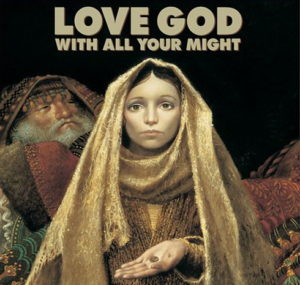 First Reading 1 Kings 17:10-16
First Reading 1 Kings 17:10-16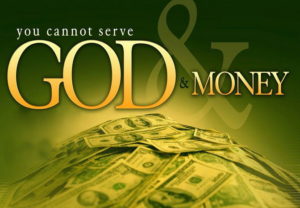
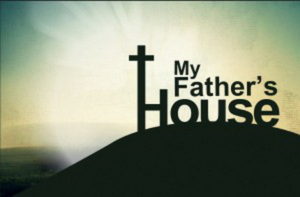 First Reading Ezekiel 47:1-2,8-9,12
First Reading Ezekiel 47:1-2,8-9,12 First Reading Philippians 3:3-8
First Reading Philippians 3:3-8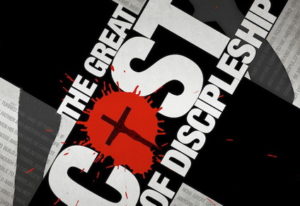 First Reading Philippians 2:12-18
First Reading Philippians 2:12-18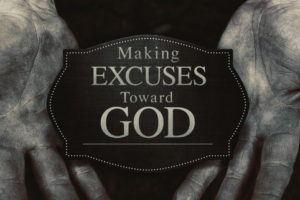 First Reading Philippians 2:5-11
First Reading Philippians 2:5-11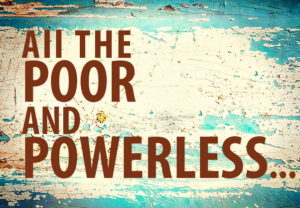 First Reading Philippians 2:1-4
First Reading Philippians 2:1-4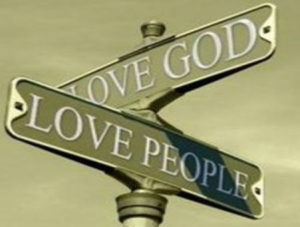 First Reading Deuteronomy 6:2-6
First Reading Deuteronomy 6:2-6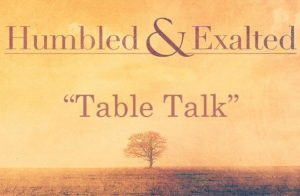 First Reading Philippians 1:18-26
First Reading Philippians 1:18-26 First Reading Wisdom 3:1-9
First Reading Wisdom 3:1-9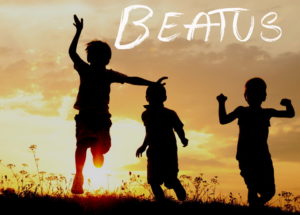
 First Reading Ephesians 6:1-9
First Reading Ephesians 6:1-9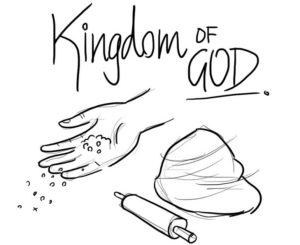 First Reading Ephesians 5:21-33
First Reading Ephesians 5:21-33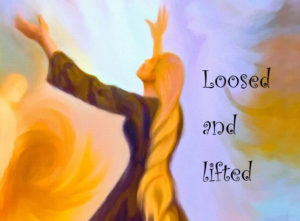 First Reading Ephesians 4:32-5:8
First Reading Ephesians 4:32-5:8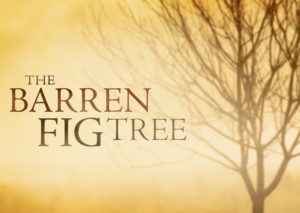 First Reading Ephesians 4:7-16
First Reading Ephesians 4:7-16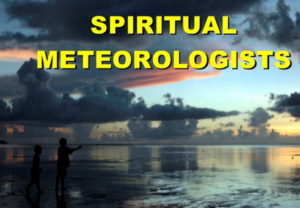 First Reading Ephesians 4:1-6
First Reading Ephesians 4:1-6 First Reading Ephesians 3:14-21
First Reading Ephesians 3:14-21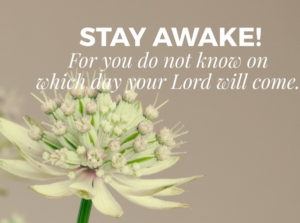 First Reading Ephesians 3:2-12
First Reading Ephesians 3:2-12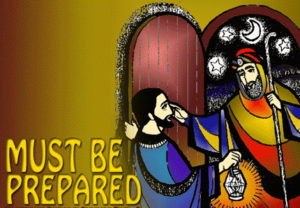 First Reading Ephesians 2:12-22
First Reading Ephesians 2:12-22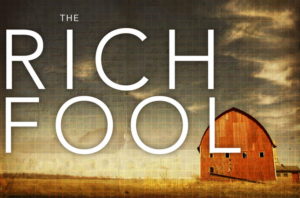 First Reading Ephesians 2:1-10
First Reading Ephesians 2:1-10 First Reading Isaiah 53:10-11
First Reading Isaiah 53:10-11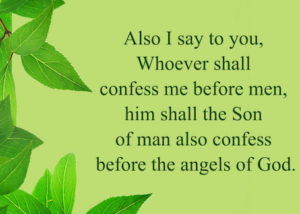 First Reading Ephesians 1:15-23
First Reading Ephesians 1:15-23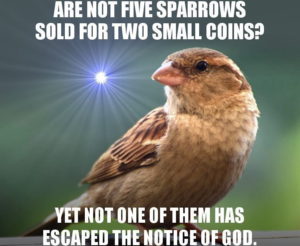 First Reading Ephesians 1:11-14
First Reading Ephesians 1:11-14 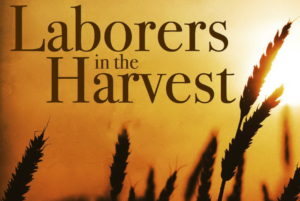 First Reading 2 Timothy 4:10-17
First Reading 2 Timothy 4:10-17 First Reading Galatians 5:18-25
First Reading Galatians 5:18-25  First Reading Galatians 5:1-6
First Reading Galatians 5:1-6 First Reading Galatians 4:22-24,26-27,31-5:1
First Reading Galatians 4:22-24,26-27,31-5:1 First Reading Wisdom 7:7-11
First Reading Wisdom 7:7-11 First Reading Galatians 3:22-29
First Reading Galatians 3:22-29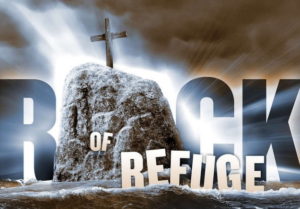 First Reading Galatians 3:7-14
First Reading Galatians 3:7-14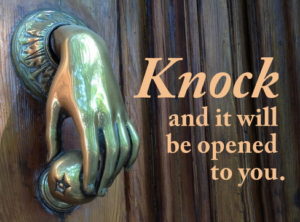 First Reading Galatians 3:1-5
First Reading Galatians 3:1-5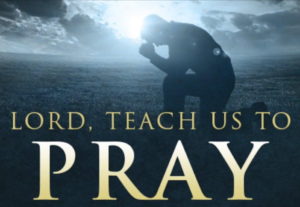 First Reading Galatians 2:1-2,7-14
First Reading Galatians 2:1-2,7-14 First Reading Galatians 1:6-12
First Reading Galatians 1:6-12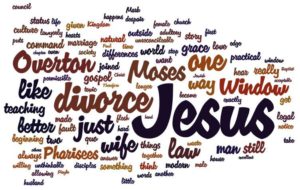 First Reading Genesis 2:18-24
First Reading Genesis 2:18-24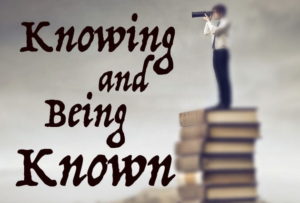 First Reading Job 42:1-3,5-6,12-17
First Reading Job 42:1-3,5-6,12-17 First Reading Job 38:1,12-21,40:3-5
First Reading Job 38:1,12-21,40:3-5 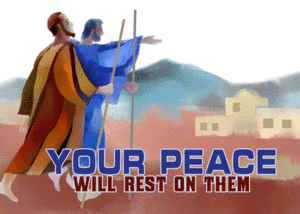 First Reading Job 19:21-27
First Reading Job 19:21-27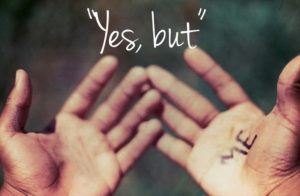 First Reading Job 9:1-13,14-16
First Reading Job 9:1-13,14-16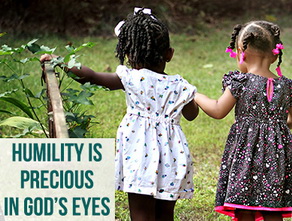 First Reading Job 3:1-3,11-17,20-23
First Reading Job 3:1-3,11-17,20-23 First Reading Job 1:6-22
First Reading Job 1:6-22 First Reading Numbers 11:25-29
First Reading Numbers 11:25-29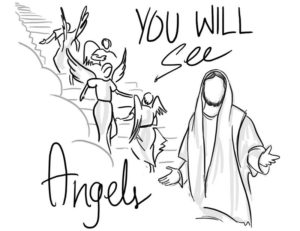 First Reading Apocalypse 12:7-12
First Reading Apocalypse 12:7-12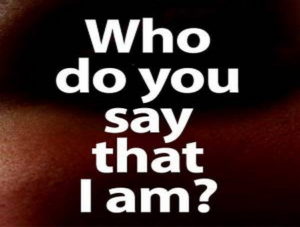 First Reading Ecclesiastes 3:1-11
First Reading Ecclesiastes 3:1-11  First Reading Ecclesiastes 1:2-11
First Reading Ecclesiastes 1:2-11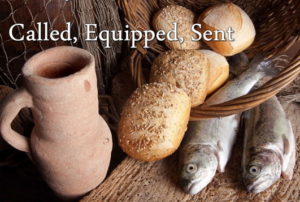 First Reading Proverbs 30:5-9
First Reading Proverbs 30:5-9 First Reading Proverbs 21:1-6,10-13
First Reading Proverbs 21:1-6,10-13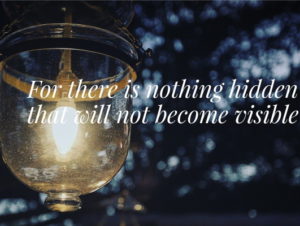 First Reading Proverbs 3:27-34
First Reading Proverbs 3:27-34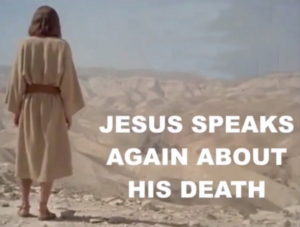 First Reading Wisdom 2:12,17-20
First Reading Wisdom 2:12,17-20 First Reading Ephesians 4:1-7,11-13
First Reading Ephesians 4:1-7,11-13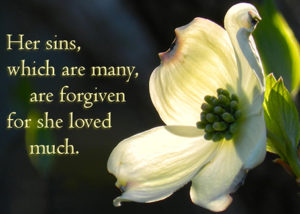 First Reading 1 Corinthians 15:1-11
First Reading 1 Corinthians 15:1-11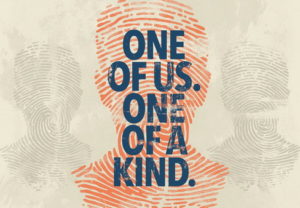 First Reading 1 Corinthians 12:31-13:13
First Reading 1 Corinthians 12:31-13:13 First Reading 1 Corinthians 12:12-14,27-31
First Reading 1 Corinthians 12:12-14,27-31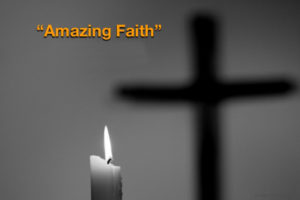 First Reading 1 Corinthians 11:17-26,33
First Reading 1 Corinthians 11:17-26,33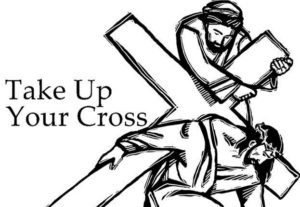 First Reading Isaiah 50:5-9
First Reading Isaiah 50:5-9  First Reading 1 Corinthians 10:14-22
First Reading 1 Corinthians 10:14-22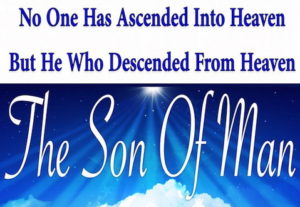 First Reading Numbers 21:4-9
First Reading Numbers 21:4-9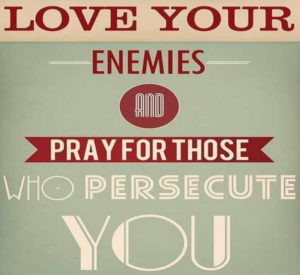 First Reading 1 Corinthians 8:1-7,11-13
First Reading 1 Corinthians 8:1-7,11-13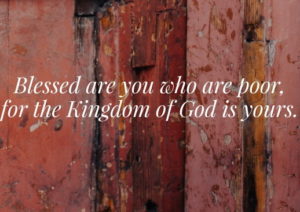 First Reading 1 Corinthians 7:25-31
First Reading 1 Corinthians 7:25-31 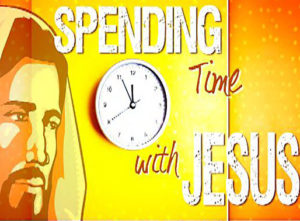 First Reading 1 Corinthians 6:1-11
First Reading 1 Corinthians 6:1-11 First Reading 1 Corinthians 5:1-8
First Reading 1 Corinthians 5:1-8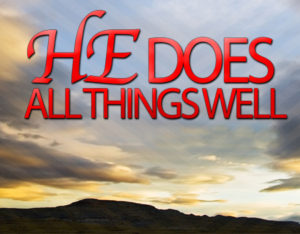
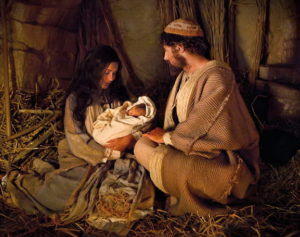 First Reading Micah 5:1-4
First Reading Micah 5:1-4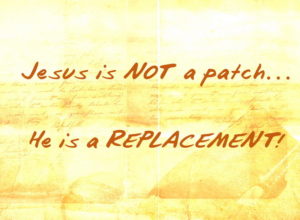 First Reading 1 Corinthians 4:1-5
First Reading 1 Corinthians 4:1-5  First Reading 1 Corinthians 3:18-23
First Reading 1 Corinthians 3:18-23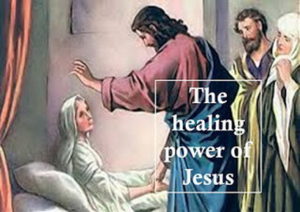 First Reading 1 Corinthians 3:1-9
First Reading 1 Corinthians 3:1-9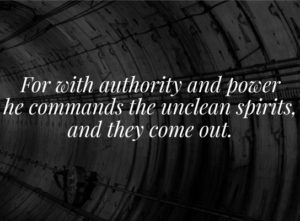 Reading 1 1 COR 2:10B-16
Reading 1 1 COR 2:10B-16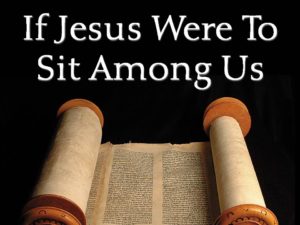 First Reading 1 Corinthians 2:1-5
First Reading 1 Corinthians 2:1-5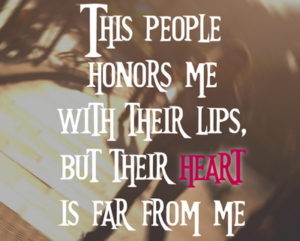 First Reading Deuteronomy 4:1-2,6-8
First Reading Deuteronomy 4:1-2,6-8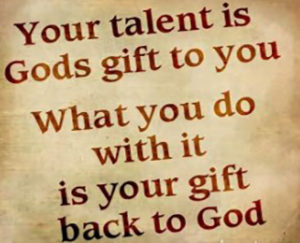 First Reading 1 Corinthians 1:26-31
First Reading 1 Corinthians 1:26-31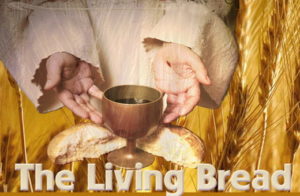
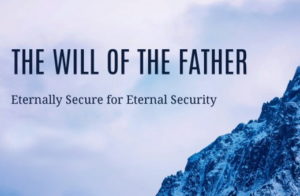 First Reading Acts 8:1-8
First Reading Acts 8:1-8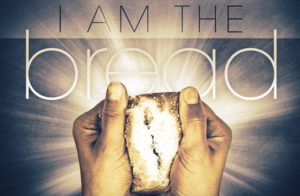 First Reading Acts 6:8-15
First Reading Acts 6:8-15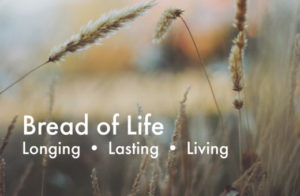 First Reading Acts 6:8-15
First Reading Acts 6:8-15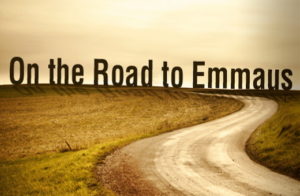 First Reading Acts 2:14,22-33
First Reading Acts 2:14,22-33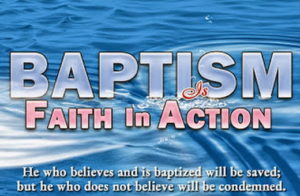 Beloved: Clothe yourselves with humility in your dealings with one another, for: God opposes the proud but bestows favor on the humble.
Beloved: Clothe yourselves with humility in your dealings with one another, for: God opposes the proud but bestows favor on the humble.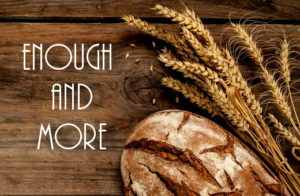 First Reading Acts 5:34-42
First Reading Acts 5:34-42 First Reading Acts 5:27-33
First Reading Acts 5:27-33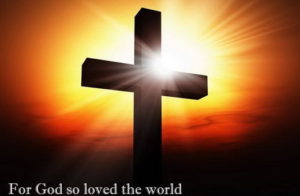 First Reading Acts 5:17-26
First Reading Acts 5:17-26 First Reading Acts 4:32-37
First Reading Acts 4:32-37 First Reading Acts 4:23-31
First Reading Acts 4:23-31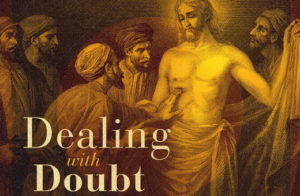 First Reading Acts 2:42-47
First Reading Acts 2:42-47 First Reading Acts 4:13-21
First Reading Acts 4:13-21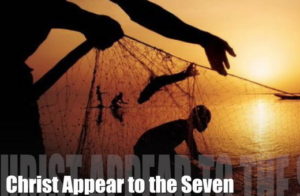 First Reading Acts 4:1-12
First Reading Acts 4:1-12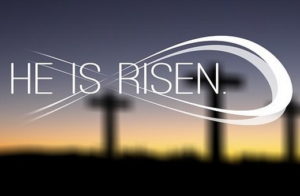 First Reading Acts 3:11-26
First Reading Acts 3:11-26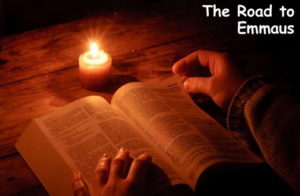 First Reading Acts 3:1-10
First Reading Acts 3:1-10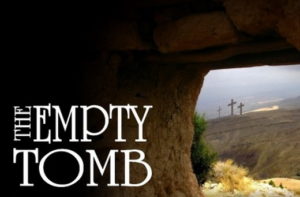 First Reading Acts 2:36-41
First Reading Acts 2:36-41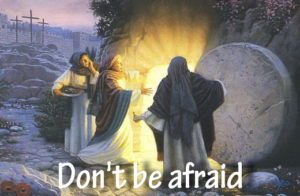 First Reading Acts 2:14,22-33
First Reading Acts 2:14,22-33 First Reading Acts 10:34,37-43
First Reading Acts 10:34,37-43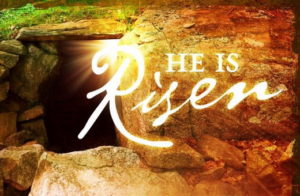 First Reading Genesis 1:1-2:2
First Reading Genesis 1:1-2:2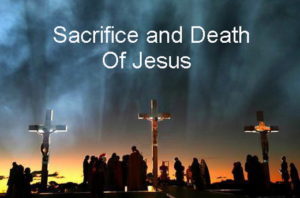 First Reading Isaiah 52:13-53:12
First Reading Isaiah 52:13-53:12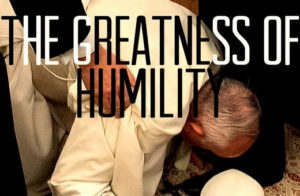 First Reading Exodus 12:1-8,11-14
First Reading Exodus 12:1-8,11-14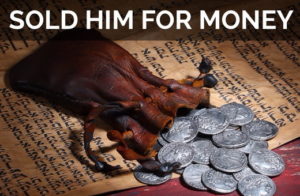 First Reading Isaiah 50:4-9
First Reading Isaiah 50:4-9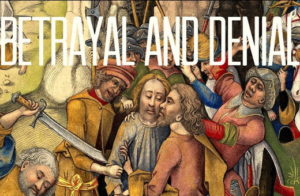 First Reading Isaiah 42:1-7
First Reading Isaiah 42:1-7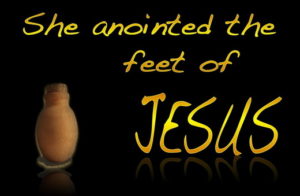 First Reading Isaiah 42:1-7
First Reading Isaiah 42:1-7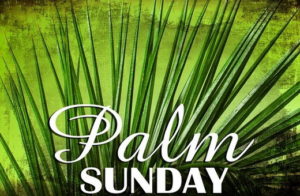 First Reading Isaiah 50:4-7
First Reading Isaiah 50:4-7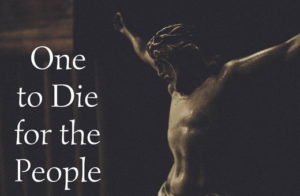 First Reading Ezekiel 37:21-28
First Reading Ezekiel 37:21-28 讀經一(上主與我同在,他好像是一位孔武有力的戰士。)
讀經一(上主與我同在,他好像是一位孔武有力的戰士。)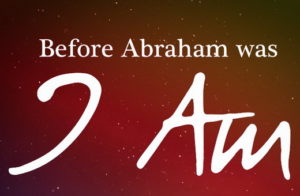 First Reading Daniel 3:14-20,24-25,28
First Reading Daniel 3:14-20,24-25,28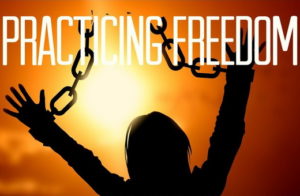 First Reading Daniel 3:14-20,24-25,28
First Reading Daniel 3:14-20,24-25,28 First Reading Numbers 21:4-9
First Reading Numbers 21:4-9 First Reading Book of Daniel 13,1-9.15-17.19-30.33-62
First Reading Book of Daniel 13,1-9.15-17.19-30.33-62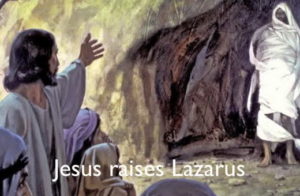 First Reading Ezekiel 37:12-14
First Reading Ezekiel 37:12-14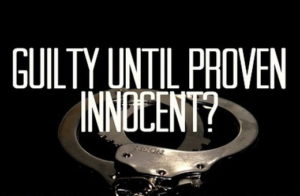 First Reading Jeremiah 11:18-20
First Reading Jeremiah 11:18-20 First Reading Wisdom 2:1,12-22
First Reading Wisdom 2:1,12-22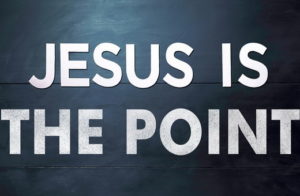 First Reading Exodus 32:7-14
First Reading Exodus 32:7-14 First Reading Isaiah 7:10-14,8:10
First Reading Isaiah 7:10-14,8:10
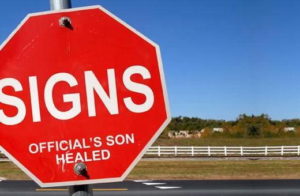 First Reading Isaiah 65:17-21
First Reading Isaiah 65:17-21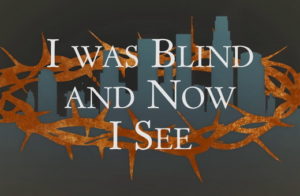 First Reading 1 Samuel 16:1,6-7,10-13
First Reading 1 Samuel 16:1,6-7,10-13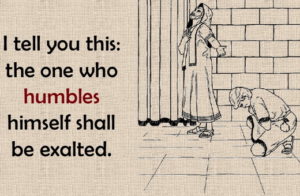 First Reading Hosea 5:15-6:6
First Reading Hosea 5:15-6:6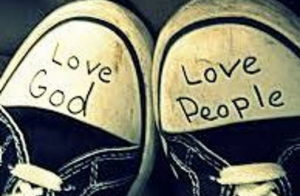 First Reading Hosea 14:2-10
First Reading Hosea 14:2-10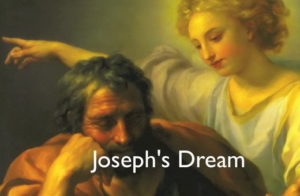 First Reading 2 Samuel 7:4-5,12-14,16
First Reading 2 Samuel 7:4-5,12-14,16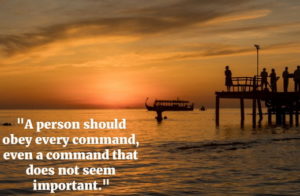 First Reading Deuteronomy 4:1,5-9
First Reading Deuteronomy 4:1,5-9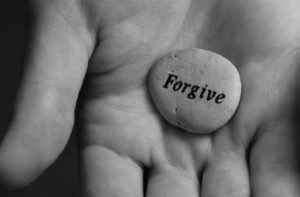 First Reading Book of Daniel 3,25.34-43
First Reading Book of Daniel 3,25.34-43 First Reading 2 Kings 5:1-15
First Reading 2 Kings 5:1-15 First Reading Exodus 17:3-7
First Reading Exodus 17:3-7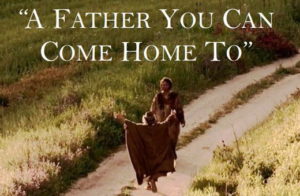 First Reading Micah 7:14-15,18-20
First Reading Micah 7:14-15,18-20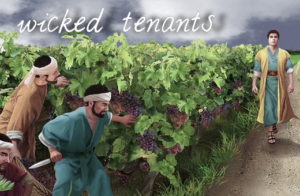 First Reading Genesis 37:3-4,12-13,17-28
First Reading Genesis 37:3-4,12-13,17-28 First Reading Jeremiah 17:5-10
First Reading Jeremiah 17:5-10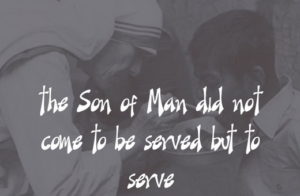 First Reading Jeremiah 18:18-20
First Reading Jeremiah 18:18-20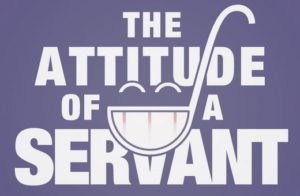 First Reading Isaiah 1:10,16-20
First Reading Isaiah 1:10,16-20 First Reading Daniel 9:4-10
First Reading Daniel 9:4-10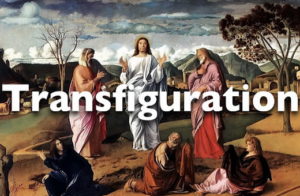 First Reading Genesis 12:1-4
First Reading Genesis 12:1-4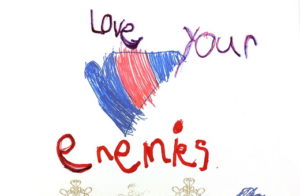 First Reading Deuteronomy 26:16-19
First Reading Deuteronomy 26:16-19 First Reading Ezekiel 18:21-28
First Reading Ezekiel 18:21-28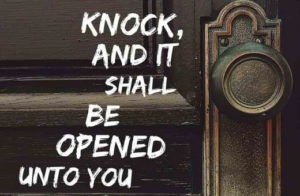 First Reading Esther 4:17
First Reading Esther 4:17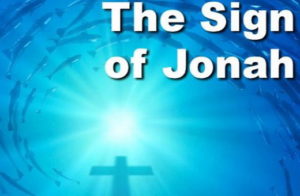 First Reading Jonah 3:1-10
First Reading Jonah 3:1-10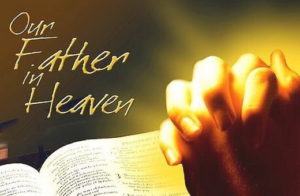 First Reading Isaiah 55:10-11
First Reading Isaiah 55:10-11 First Reading Leviticus 19:1-2,11-18
First Reading Leviticus 19:1-2,11-18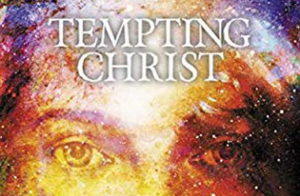 First Reading Genesis 2:7-9,3:1-7
First Reading Genesis 2:7-9,3:1-7 First Reading Isaiah 58:9-14
First Reading Isaiah 58:9-14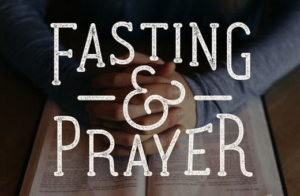 Thus says the Lord: Shout for all you are worth, raise your voice like a trumpet. Proclaim their faults to my people, their sins to the House of Jacob. They seek me day after day, they long to know my ways, like a nation that wants to act with integrity and not ignore the law of its God. They ask me for laws that are just, they long for God to draw near: ‘Why should we fast if you never see it, why do penance if you never notice?’ Look, you do business on your fast-days, you oppress all your workmen; look, you quarrel and squabble when you fast and strike the poor man with your fist. Fasting like yours today will never make your voice heard on high. Is that the sort of fast that pleases me, a truly penitential day for men? Hanging your head like a reed, lying down on sackcloth and ashes? Is that what you call fasting, a day acceptable to the Lord? Is not this the sort of fast that pleases me – it is the Lord who speaks – to break unjust fetters and undo the thongs of the yoke, to let the oppressed go free, and break every yoke, to share your bread with the hungry, and shelter the homeless poor, to clothe the man you see to be naked and not turn from your own kin? Then will your light shine like the dawn and your wound be quickly healed over.
Thus says the Lord: Shout for all you are worth, raise your voice like a trumpet. Proclaim their faults to my people, their sins to the House of Jacob. They seek me day after day, they long to know my ways, like a nation that wants to act with integrity and not ignore the law of its God. They ask me for laws that are just, they long for God to draw near: ‘Why should we fast if you never see it, why do penance if you never notice?’ Look, you do business on your fast-days, you oppress all your workmen; look, you quarrel and squabble when you fast and strike the poor man with your fist. Fasting like yours today will never make your voice heard on high. Is that the sort of fast that pleases me, a truly penitential day for men? Hanging your head like a reed, lying down on sackcloth and ashes? Is that what you call fasting, a day acceptable to the Lord? Is not this the sort of fast that pleases me – it is the Lord who speaks – to break unjust fetters and undo the thongs of the yoke, to let the oppressed go free, and break every yoke, to share your bread with the hungry, and shelter the homeless poor, to clothe the man you see to be naked and not turn from your own kin? Then will your light shine like the dawn and your wound be quickly healed over.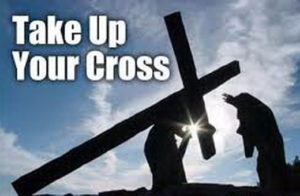 First Reading Deuteronomy 30:15-20
First Reading Deuteronomy 30:15-20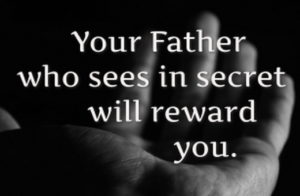 First Reading Joel 2:12-18
First Reading Joel 2:12-18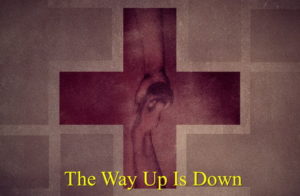
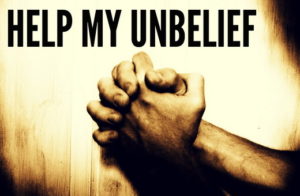 First Reading James 3:13-18
First Reading James 3:13-18 First Reading Leviticus 19:1-2,17-18
First Reading Leviticus 19:1-2,17-18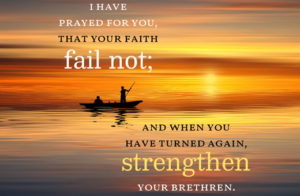 First Reading First Letter of Peter 5,1-4.
First Reading First Letter of Peter 5,1-4.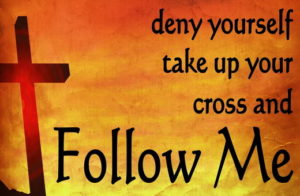 First Reading James 2:14-24,26
First Reading James 2:14-24,26 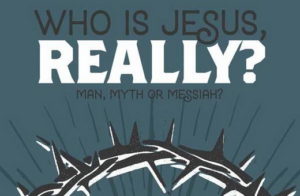 First Reading James 2:1-9
First Reading James 2:1-9 First Reading James 1:19-27
First Reading James 1:19-27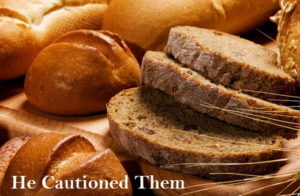 First Reading James 1:12-1
First Reading James 1:12-1 First Reading James 1:1-11
First Reading James 1:1-11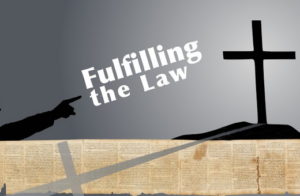 First Reading Ecclesiasticus 15:16-21
First Reading Ecclesiasticus 15:16-21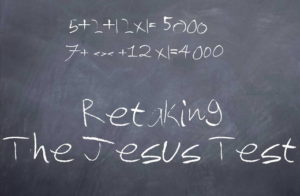 First Reading 1 Kings 12:26-32,13:33-34
First Reading 1 Kings 12:26-32,13:33-34 First Reading 1 Kings 11:29-32,12:19
First Reading 1 Kings 11:29-32,12:19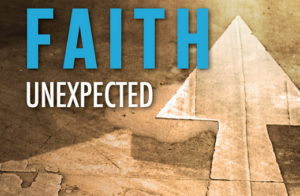 First Reading 1 Kings 11:4-13
First Reading 1 Kings 11:4-13 First Reading 1 Kings 10:1-10
First Reading 1 Kings 10:1-10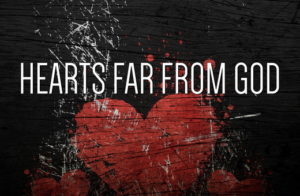 First Reading 1 Kings 8:22-23,27-30
First Reading 1 Kings 8:22-23,27-30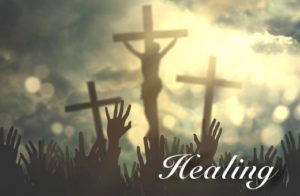 First Reading 1 Kings 8:1-7,9-13
First Reading 1 Kings 8:1-7,9-13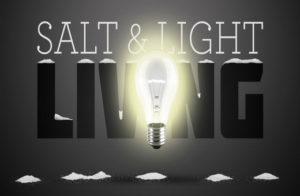 First Reading Isaiah 58:7-10
First Reading Isaiah 58:7-10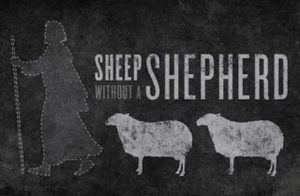 First Reading 1 Kings 3:4-13
First Reading 1 Kings 3:4-13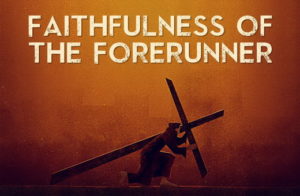 First Reading Ecclesiasticus 47:2-13
First Reading Ecclesiasticus 47:2-13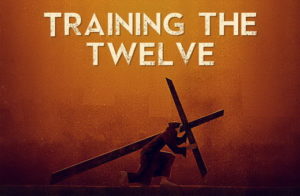 First Reading 1 Kings 2:1-4,10-12
First Reading 1 Kings 2:1-4,10-12 First Reading 2nd book of Samuel 24,2.9-17
First Reading 2nd book of Samuel 24,2.9-17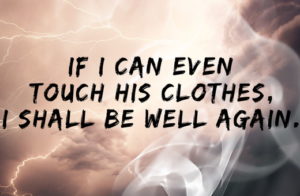 First Reading 2nd book of Samuel 18,9-10.14b.24-25a.30-32.19,1-3
First Reading 2nd book of Samuel 18,9-10.14b.24-25a.30-32.19,1-3 First Reading 2 Samuel 15:13-14,30,16:5-13
First Reading 2 Samuel 15:13-14,30,16:5-13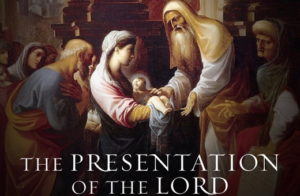 First Reading Malachi 3:1-4
First Reading Malachi 3:1-4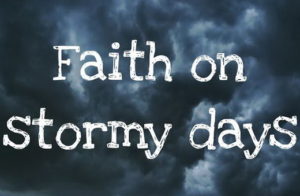 First Reading 2 Samuel 12:1-7,10-17
First Reading 2 Samuel 12:1-7,10-17 First Reading 2 Samuel 11:1-4,5-10,13-17
First Reading 2 Samuel 11:1-4,5-10,13-17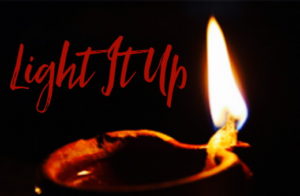 First Reading 2 Samuel 7:18-19,24-29
First Reading 2 Samuel 7:18-19,24-29 First Reading 2 Samuel 7:4-17
First Reading 2 Samuel 7:4-17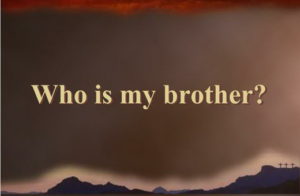 First Reading 2 Samuel 6:12-15,17-19
First Reading 2 Samuel 6:12-15,17-19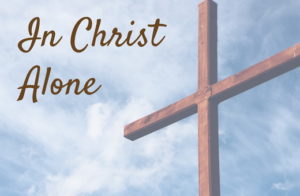 First Reading 2 Samuel 5:1-7,10
First Reading 2 Samuel 5:1-7,10 First Reading Isaiah 8:23-9:3
First Reading Isaiah 8:23-9:3 First Reading Acts 22:3-16
First Reading Acts 22:3-16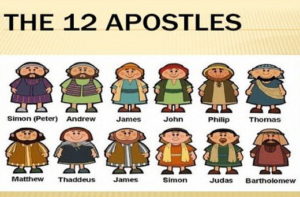 First Reading 1 Samuel 24:3-21
First Reading 1 Samuel 24:3-21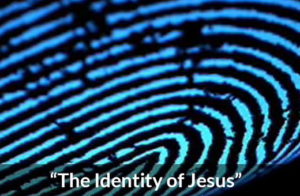 First Reading 1 Samuel 18:6-9,19:1-7
First Reading 1 Samuel 18:6-9,19:1-7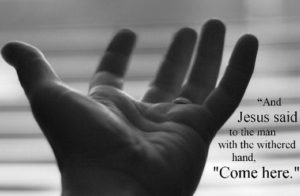 First Reading 1 Samuel 17:32-33,37,40-51
First Reading 1 Samuel 17:32-33,37,40-51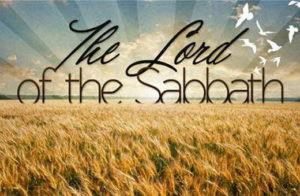 First Reading 1 Samuel 16:1-13
First Reading 1 Samuel 16:1-13  First Reading 1 Samuel 15:16-23
First Reading 1 Samuel 15:16-23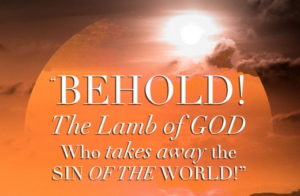 First Reading Isaiah 49:3,5-6
First Reading Isaiah 49:3,5-6 First Reading 1 Samuel 9:1-4,17-19,10:1
First Reading 1 Samuel 9:1-4,17-19,10:1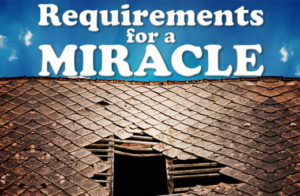 First Reading 1 Samuel 8:4-7,10-22
First Reading 1 Samuel 8:4-7,10-22 First Reading 1 Samuel 4:1-11
First Reading 1 Samuel 4:1-11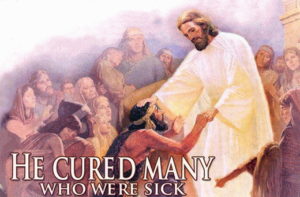 First Reading 1 Samuel 3:1-10,19-20
First Reading 1 Samuel 3:1-10,19-20 First Reading 1 Samuel 1:9-20
First Reading 1 Samuel 1:9-20 First Reading 1 Samuel 1:1-8
First Reading 1 Samuel 1:1-8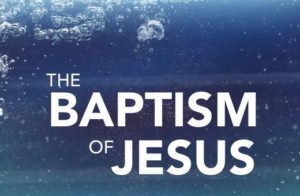 First Reading Isaiah 42:1-4,6-7
First Reading Isaiah 42:1-4,6-7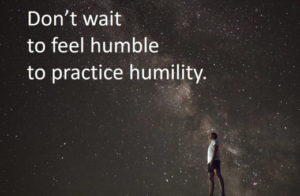 First Reading 1 John 5:14-21
First Reading 1 John 5:14-21 First Reading 1 John 5:5-13
First Reading 1 John 5:5-13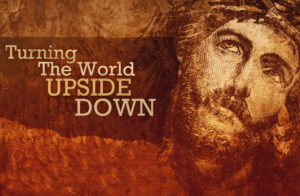 First Reading 1 John 4:19-5:4
First Reading 1 John 4:19-5:4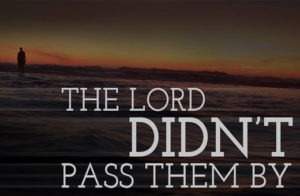 First Reading 1 John 4:11-18
First Reading 1 John 4:11-18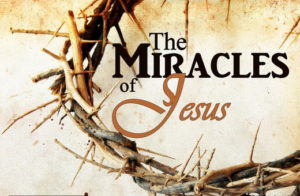 First Reading 1 John 4:7-10
First Reading 1 John 4:7-10 First Reading 1 John 3,22-24.4,1-6
First Reading 1 John 3,22-24.4,1-6 First Reading Isaiah 60:1-6
First Reading Isaiah 60:1-6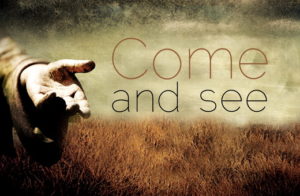 First Reading 1 John 3:7-10
First Reading 1 John 3:7-10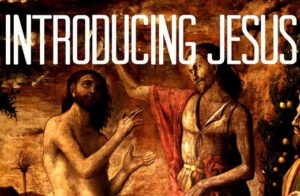 First Reading 1 John 2:29-3:6
First Reading 1 John 2:29-3:6 First Reading 1 John 2:22-28
First Reading 1 John 2:22-28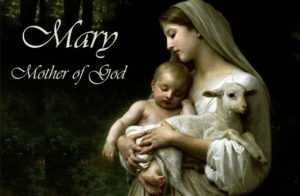 First Reading Numbers 6:22-27
First Reading Numbers 6:22-27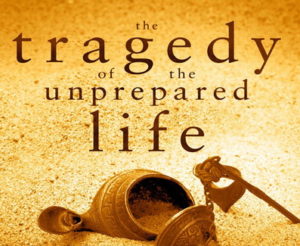 First Reading 1 Corinthians 1:17-25
First Reading 1 Corinthians 1:17-25 First Reading 1 Corinthians 1:1-9
First Reading 1 Corinthians 1:1-9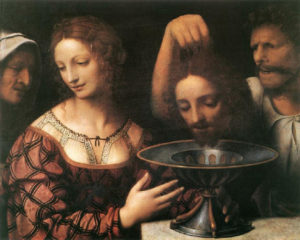 First Reading 2 Thessalonians 3:6-10,16-18
First Reading 2 Thessalonians 3:6-10,16-18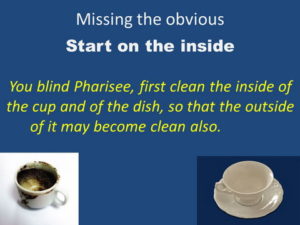
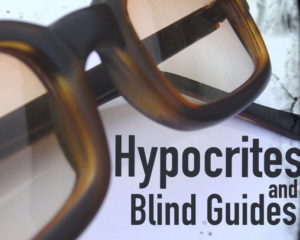 First Reading 2 Thessalonians 1:1-5,11-12
First Reading 2 Thessalonians 1:1-5,11-12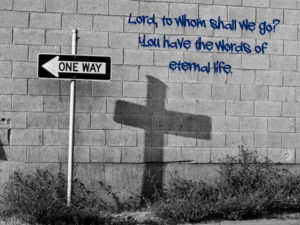 First Reading Joshua 24:1-2,15-18
First Reading Joshua 24:1-2,15-18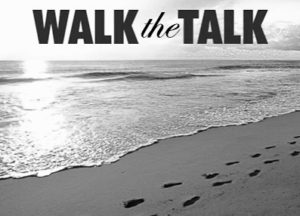 First Reading Ezekiel 43:1-7
First Reading Ezekiel 43:1-7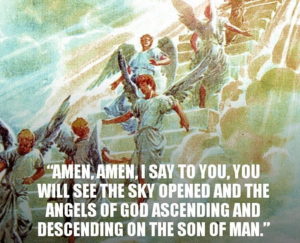 First Reading Apocalypse 21:9-14
First Reading Apocalypse 21:9-14 First Reading Ezekiel 36:23-28
First Reading Ezekiel 36:23-28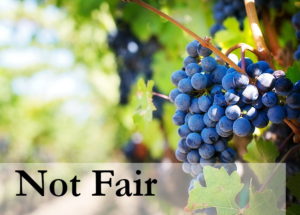 First Reading Ezekiel 34:1-11
First Reading Ezekiel 34:1-11 First Reading Ezekiel 28:1-10
First Reading Ezekiel 28:1-10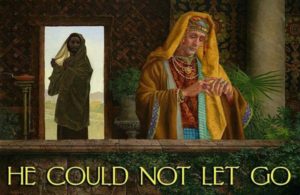 First Reading Ezekiel 24:15-24
First Reading Ezekiel 24:15-24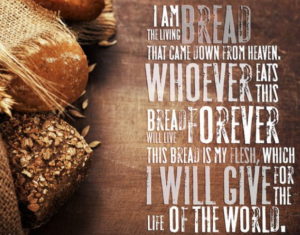 First Reading Proverbs 9:1-6
First Reading Proverbs 9:1-6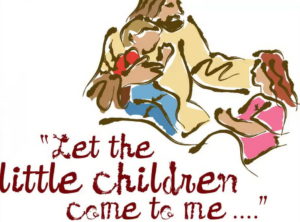 First Reading Ezekiel 18:1-10,13,30-32
First Reading Ezekiel 18:1-10,13,30-32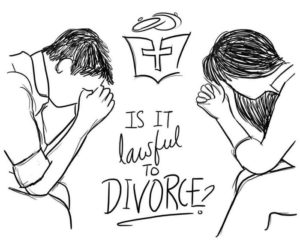 First Reading Ezekiel 16:1–15, 60, 63
First Reading Ezekiel 16:1–15, 60, 63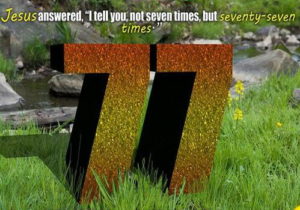 First Reading Ezekiel 12:1-12
First Reading Ezekiel 12:1-12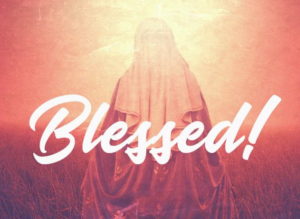 First Reading Apocalypse 11:19,12:1-6,10
First Reading Apocalypse 11:19,12:1-6,10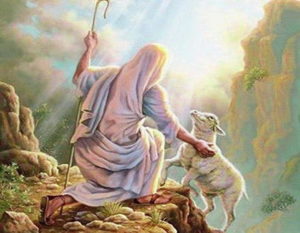 First Reading Ezekiel 2:8-3:4
First Reading Ezekiel 2:8-3:4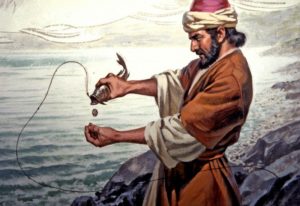 Firast Reading Ezekiel 1:2-5,24-28
Firast Reading Ezekiel 1:2-5,24-28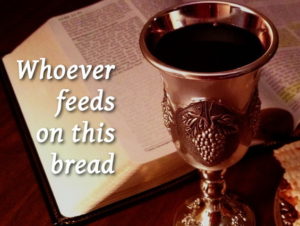 First Reading 1 Kings 19:4-8
First Reading 1 Kings 19:4-8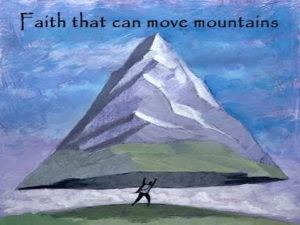 First Reading Habakkuk 1:12-2:4
First Reading Habakkuk 1:12-2:4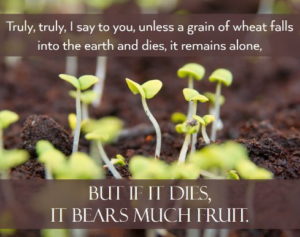 First Reading 2 Corinthians 9:6-10
First Reading 2 Corinthians 9:6-10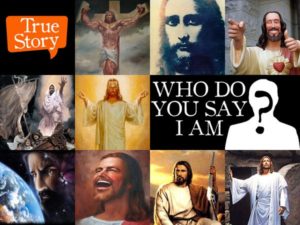 First Reading Jeremiah 31:31-34
First Reading Jeremiah 31:31-34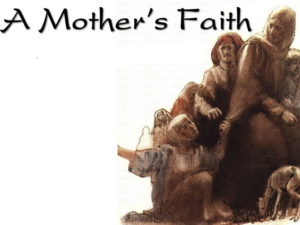
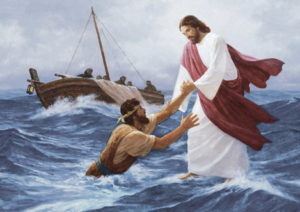 First Reading Jeremiah 30:1-2,12-15,18-22
First Reading Jeremiah 30:1-2,12-15,18-22 First Reading Daniel 7:9-10,13-14
First Reading Daniel 7:9-10,13-14 First Reading Exodus 16:2-4,12-15
First Reading Exodus 16:2-4,12-15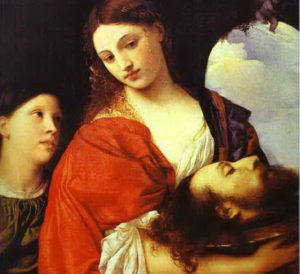 First Reading Jeremiah 26:11-16,24
First Reading Jeremiah 26:11-16,24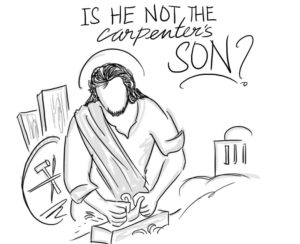 First Reading Jeremiah 26:1-9
First Reading Jeremiah 26:1-9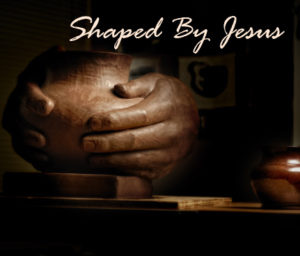 First Reading Jeremiah 18:1-6
First Reading Jeremiah 18:1-6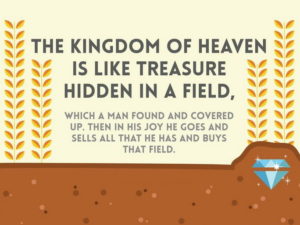 First Reading Jeremiah 15:10,16-21
First Reading Jeremiah 15:10,16-21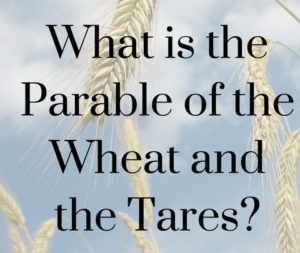 First Reading Jeremiah 14:17-22
First Reading Jeremiah 14:17-22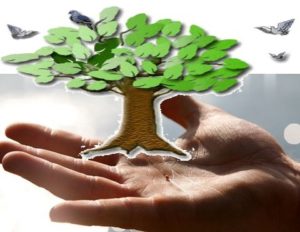 First Reading Jeremiah 13:1-11
First Reading Jeremiah 13:1-11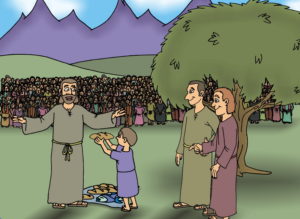 First Reading 2 Kings 4:42-44
First Reading 2 Kings 4:42-44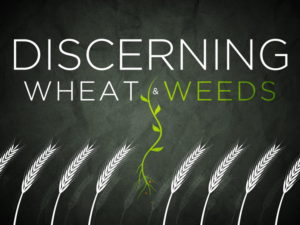 First Reading Jeremiah 7:1-11
First Reading Jeremiah 7:1-11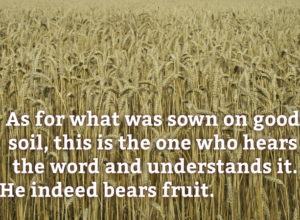 First Reading Jeremiah 3:14-17
First Reading Jeremiah 3:14-17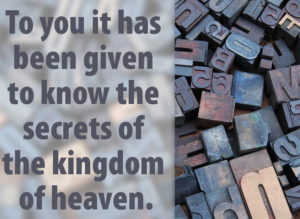 First Reading Jeremiah 2:1-3,7-8,12-13
First Reading Jeremiah 2:1-3,7-8,12-13 First Reading 2 Corinthians 4:7-15
First Reading 2 Corinthians 4:7-15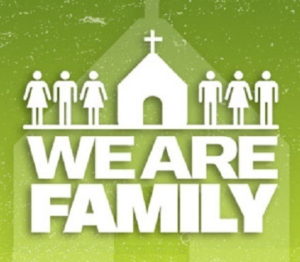 First Reading Micah 7:14-15,18-20
First Reading Micah 7:14-15,18-20 First Reading Micah 6:1-4,6-8
First Reading Micah 6:1-4,6-8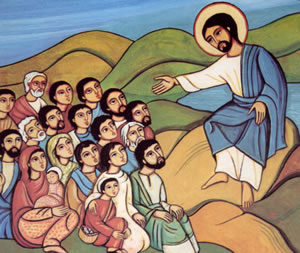 First Reading Jeremiah 23:1-6
First Reading Jeremiah 23:1-6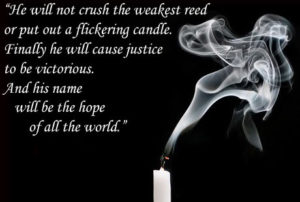 First Reading Micah 2:1-5
First Reading Micah 2:1-5 First Reading Isaiah 38:1-6,21-22,7-8
First Reading Isaiah 38:1-6,21-22,7-8 First Reading Isaiah 26:7-9,12,16-19
First Reading Isaiah 26:7-9,12,16-19 First Reading Isaiah 10:5-7,13-16
First Reading Isaiah 10:5-7,13-16 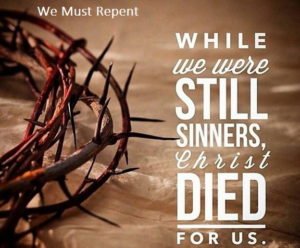 First Reading Isaiah 7:1-9
First Reading Isaiah 7:1-9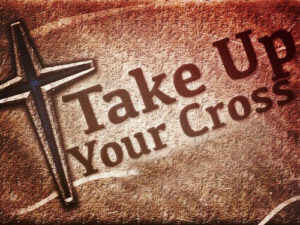 First Reading Isaiah 1:10-17
First Reading Isaiah 1:10-17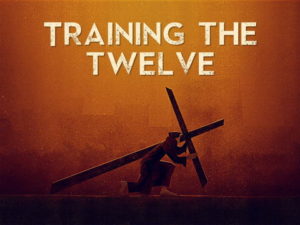 First Reading Amos 7:12-15
First Reading Amos 7:12-15  First Reading Isaiah 6:1-8
First Reading Isaiah 6:1-8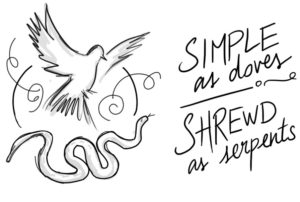 First Reading Hosea 14:2-10
First Reading Hosea 14:2-10 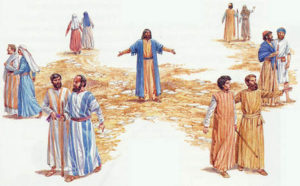 First Reading Hosea 11:1-4,8-9
First Reading Hosea 11:1-4,8-9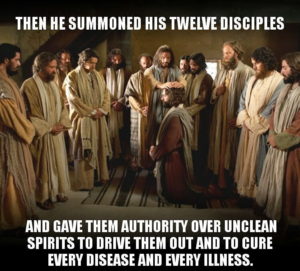 First Reading Hosea 10:1-3,7-8,12
First Reading Hosea 10:1-3,7-8,12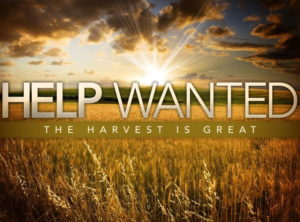 First Reading Hosea 8:4-7,11-13
First Reading Hosea 8:4-7,11-13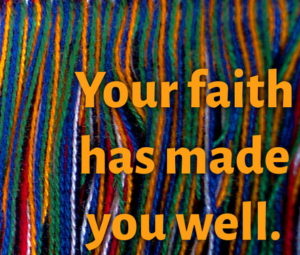 First Reading Hosea 2:16,17-18,21-22
First Reading Hosea 2:16,17-18,21-22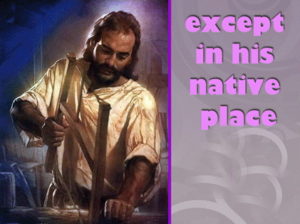 First Reading Ezekiel 2:2-5
First Reading Ezekiel 2:2-5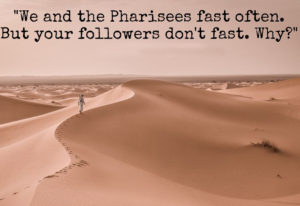 First Reading Amos 9:11-15
First Reading Amos 9:11-15 First Reading Amos 8:4-6,9-12
First Reading Amos 8:4-6,9-12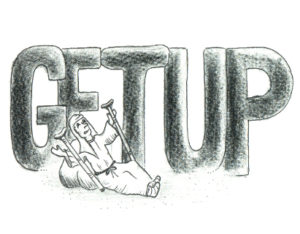 First Reading Amos 7:10-17
First Reading Amos 7:10-17 First Reading Amos 5:14-15,21-24
First Reading Amos 5:14-15,21-24 First Reading Ephesians 2:19-22
First Reading Ephesians 2:19-22 First Reading Amos 2:6-10,13-16
First Reading Amos 2:6-10,13-16 First reading Wisdom 1:13-15,2:23-24
First reading Wisdom 1:13-15,2:23-24